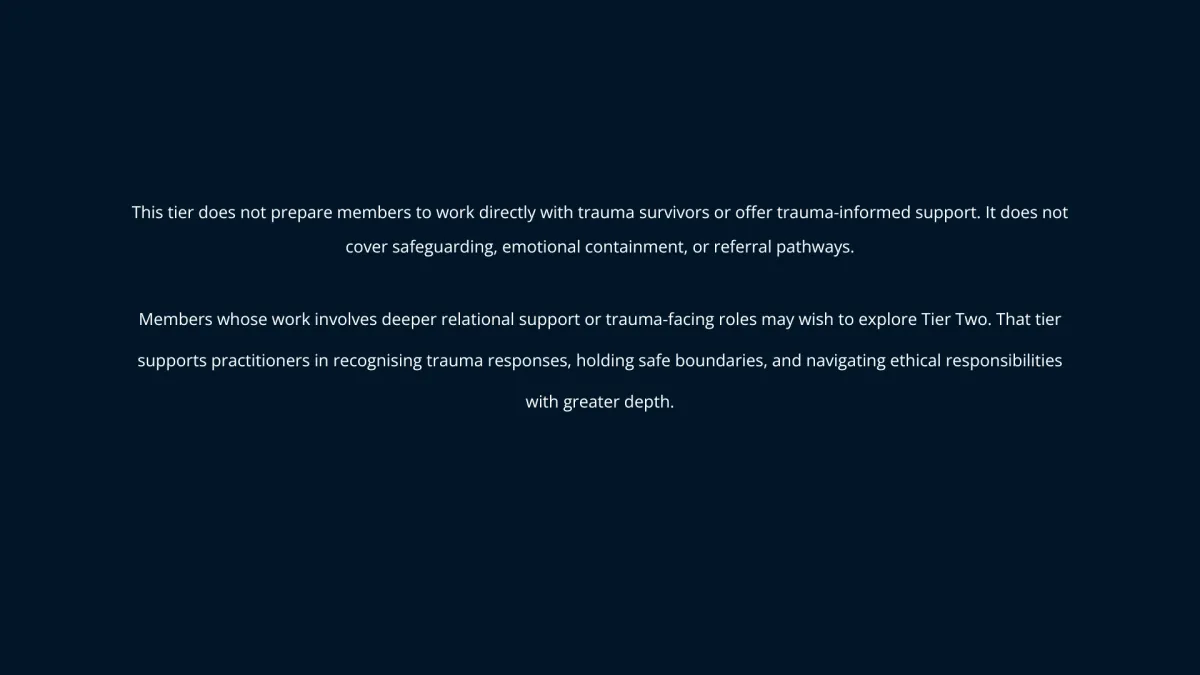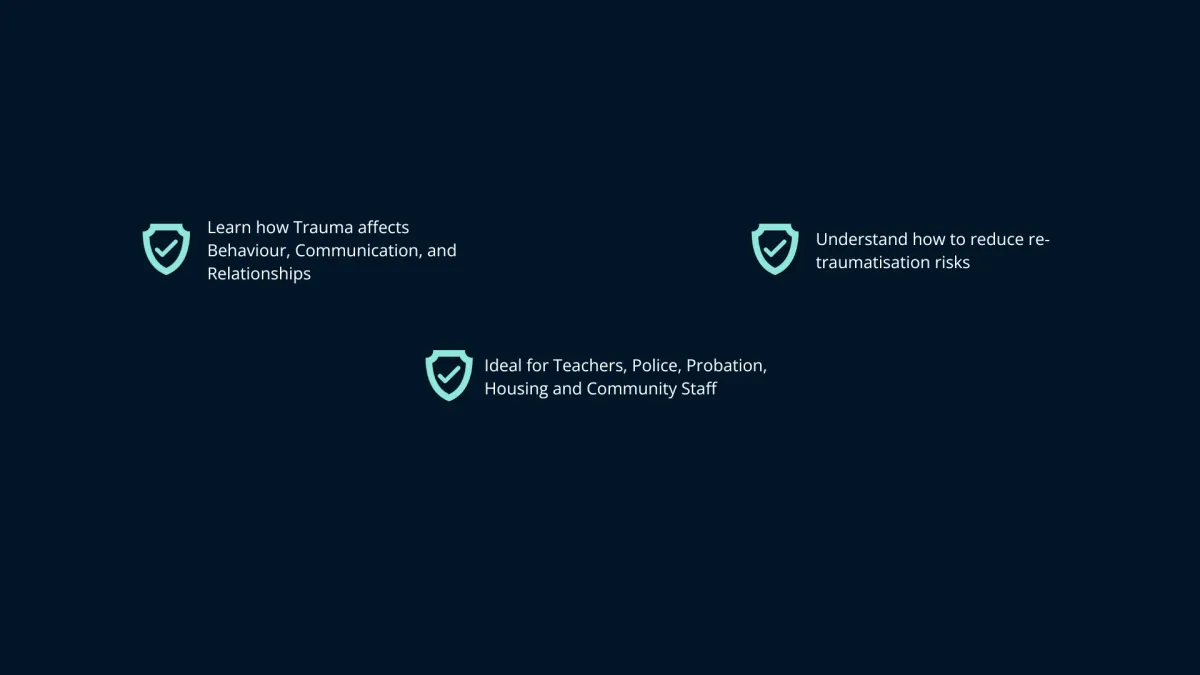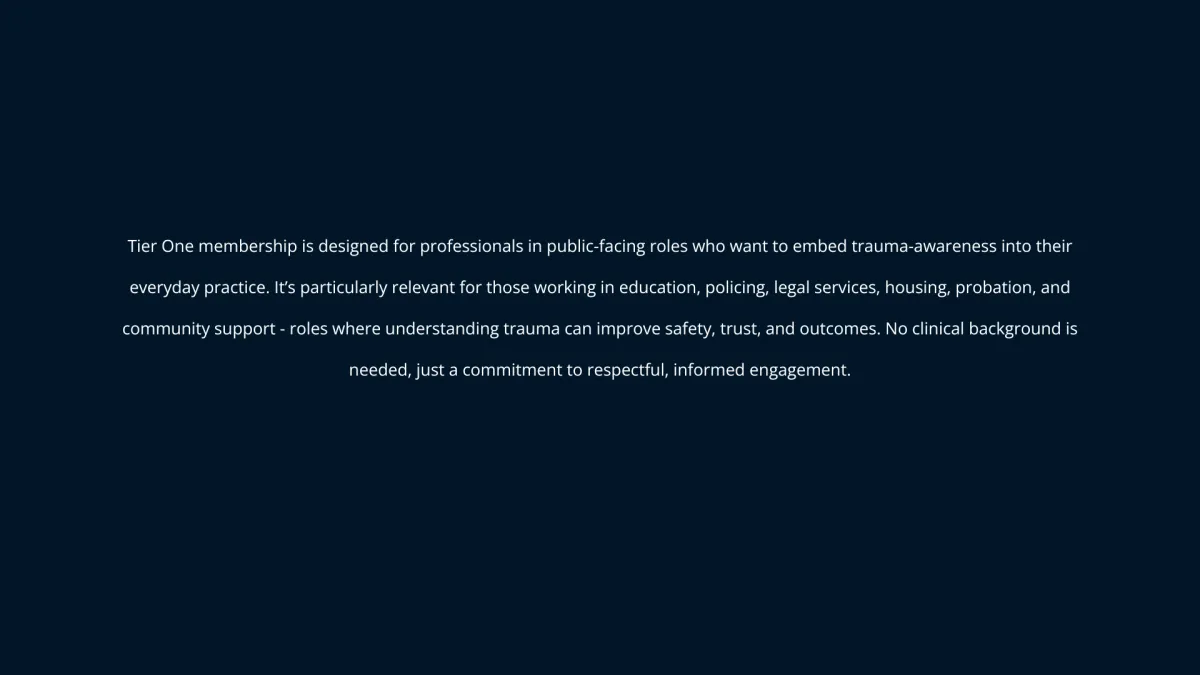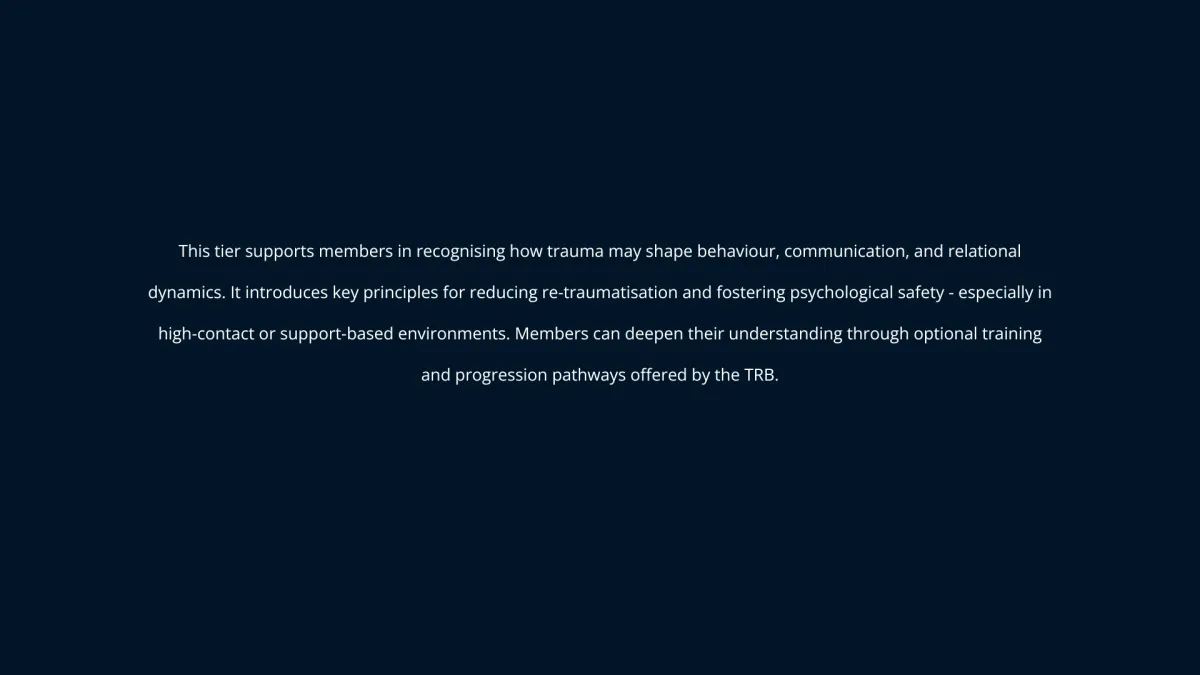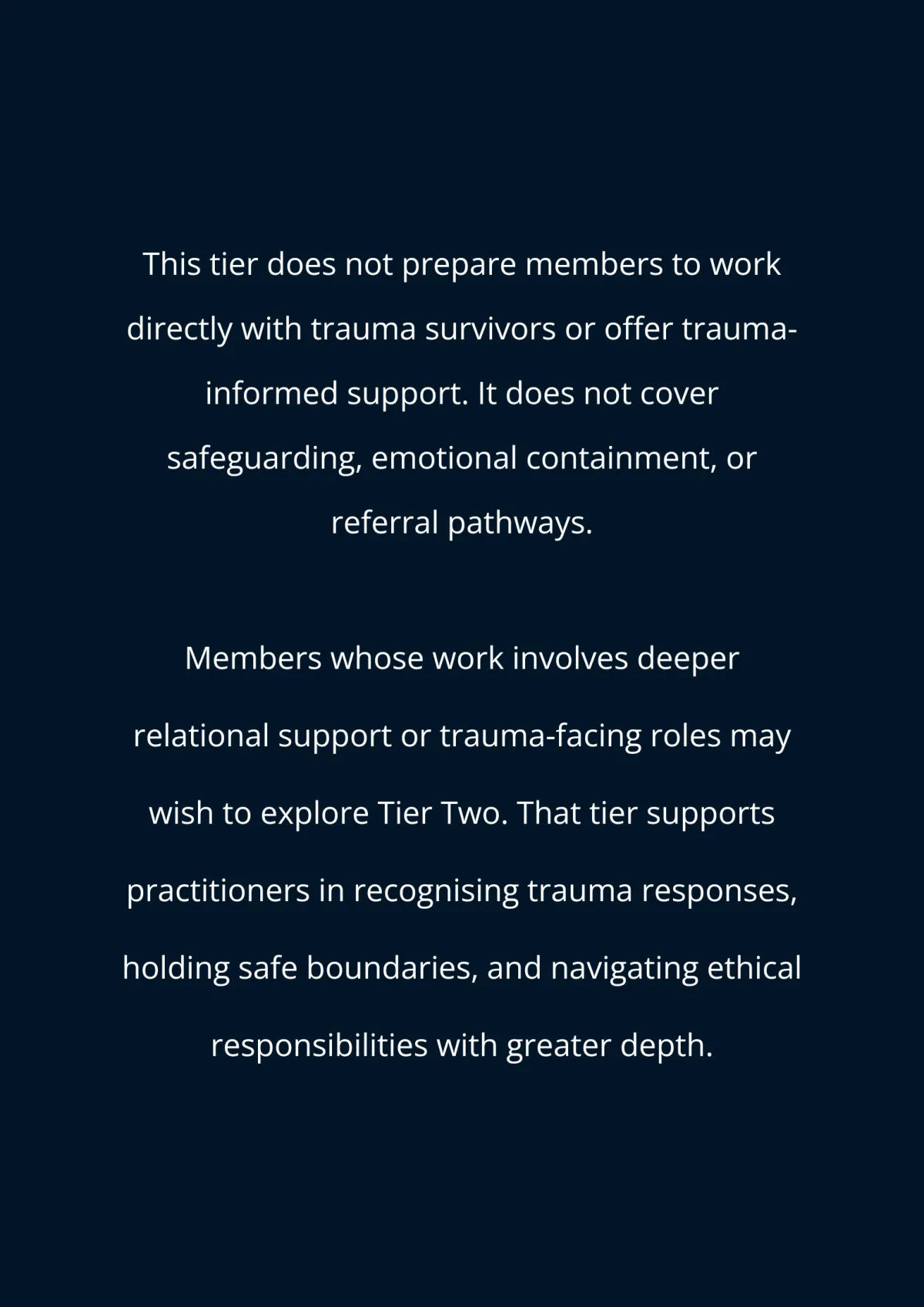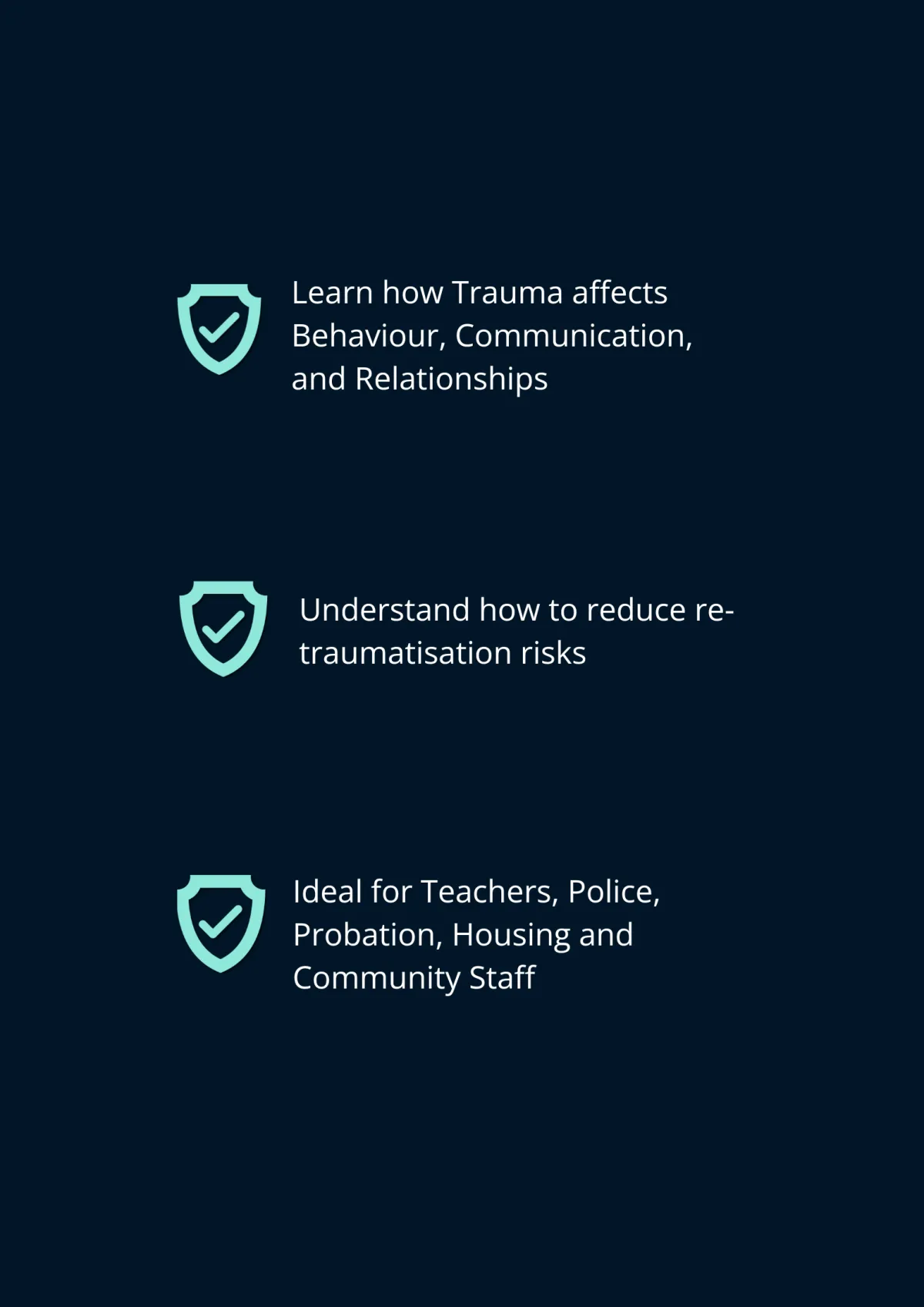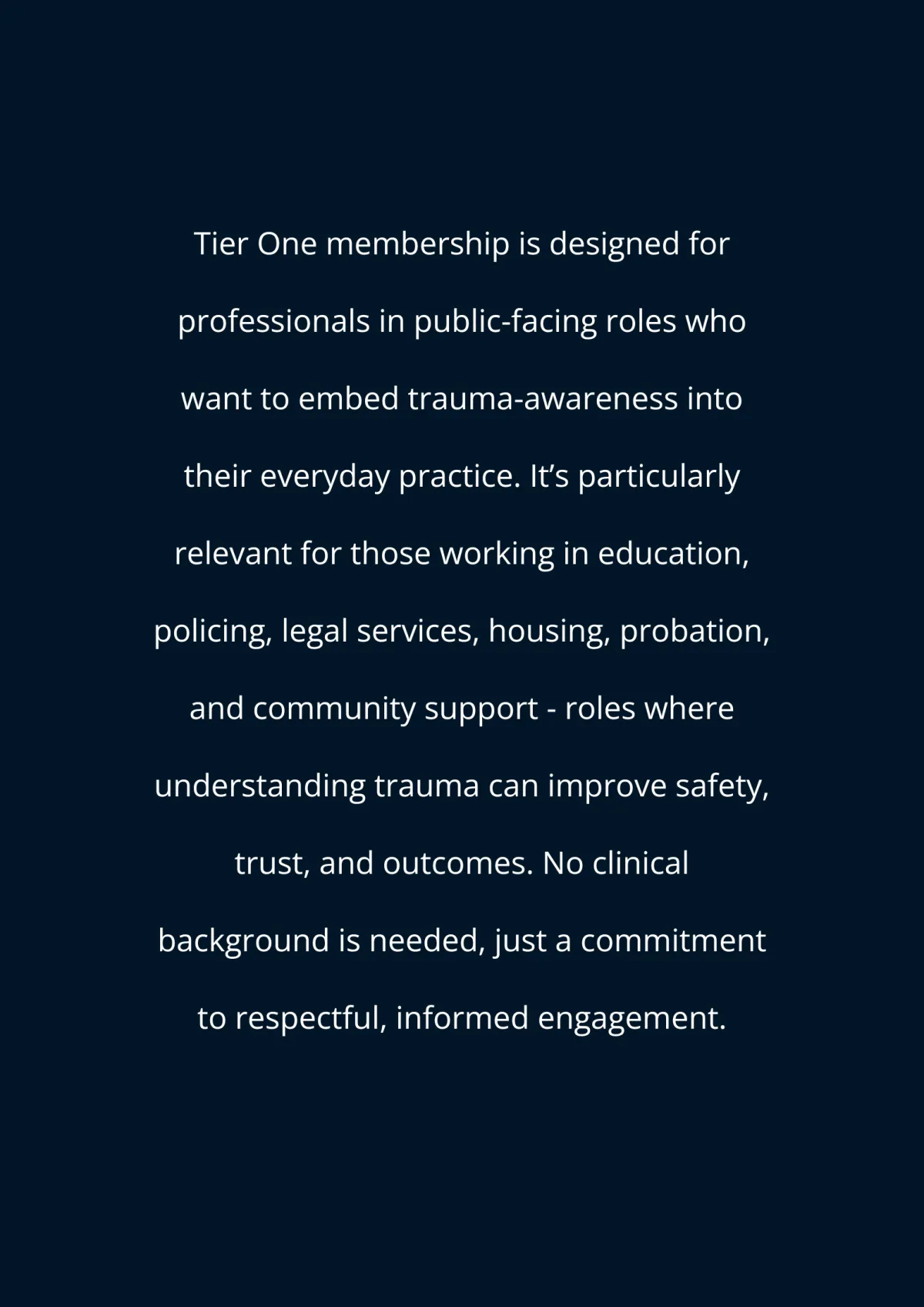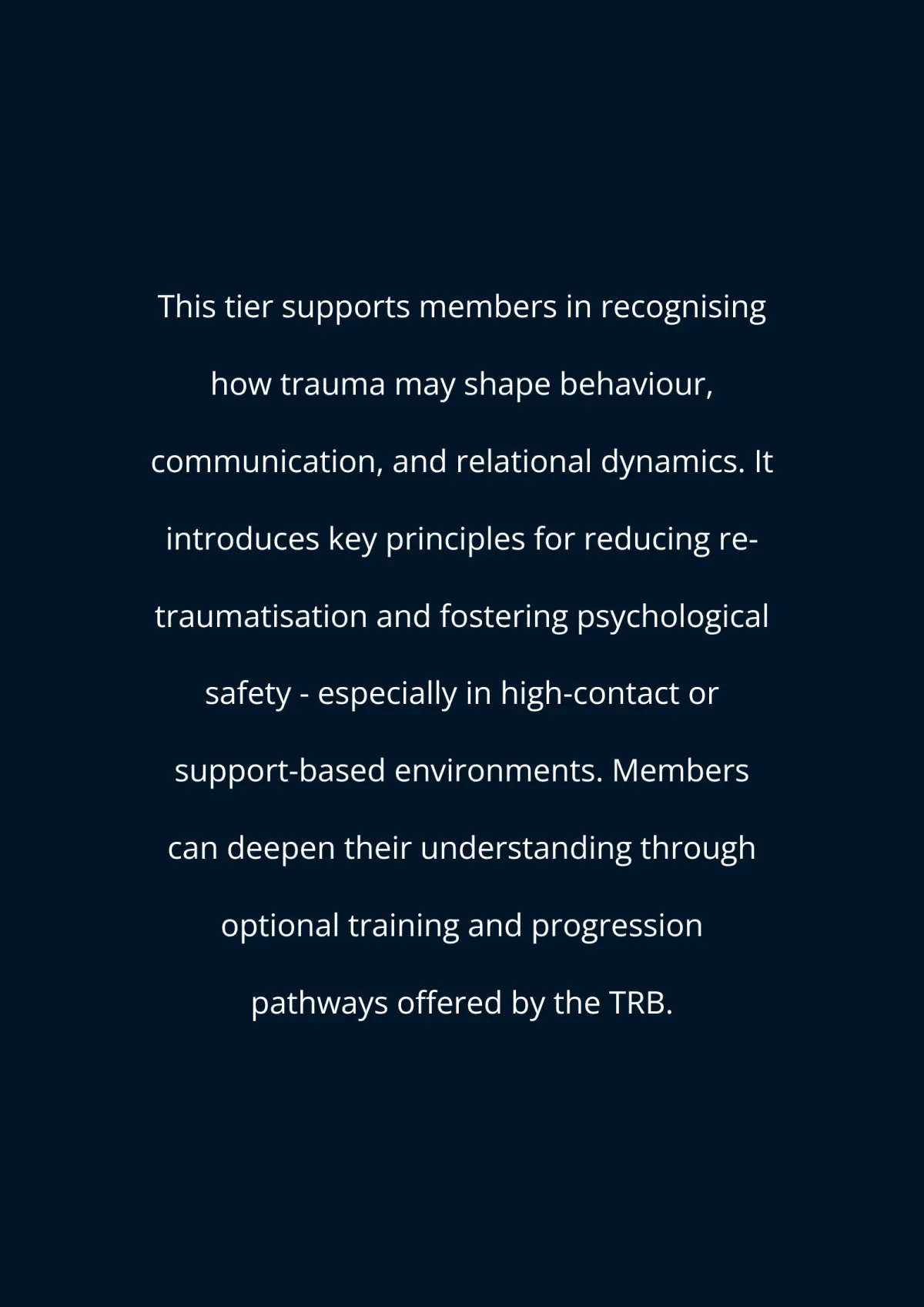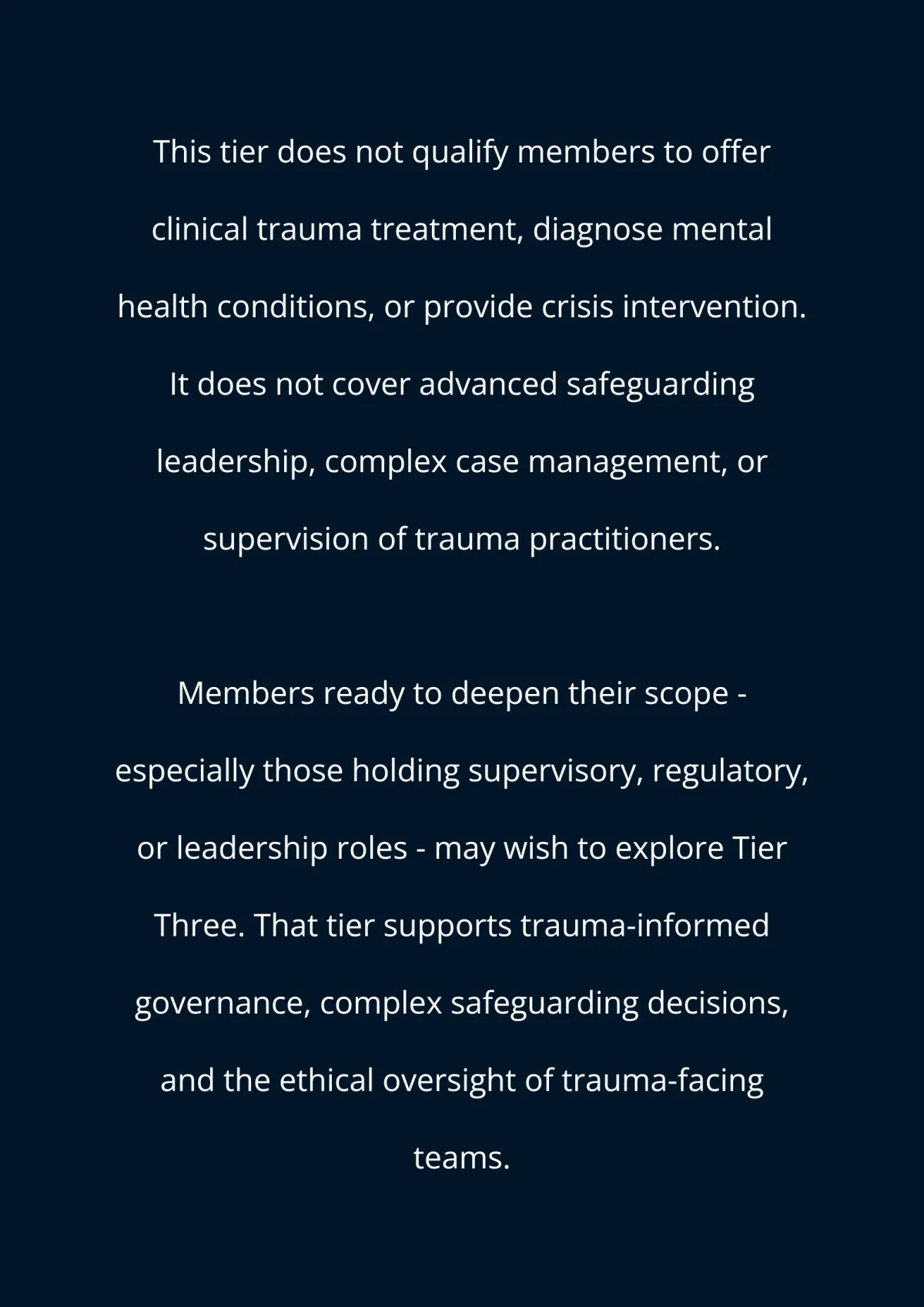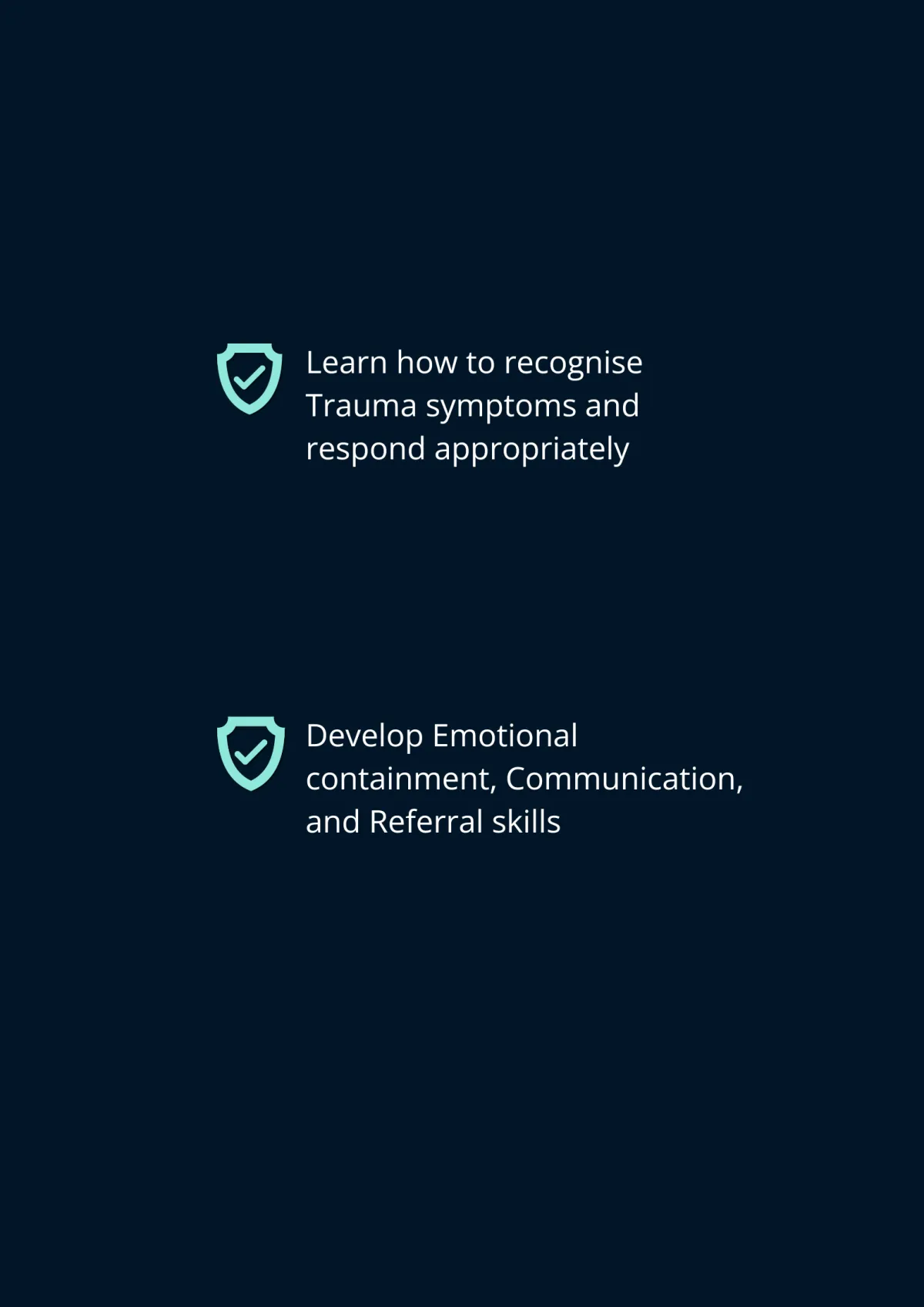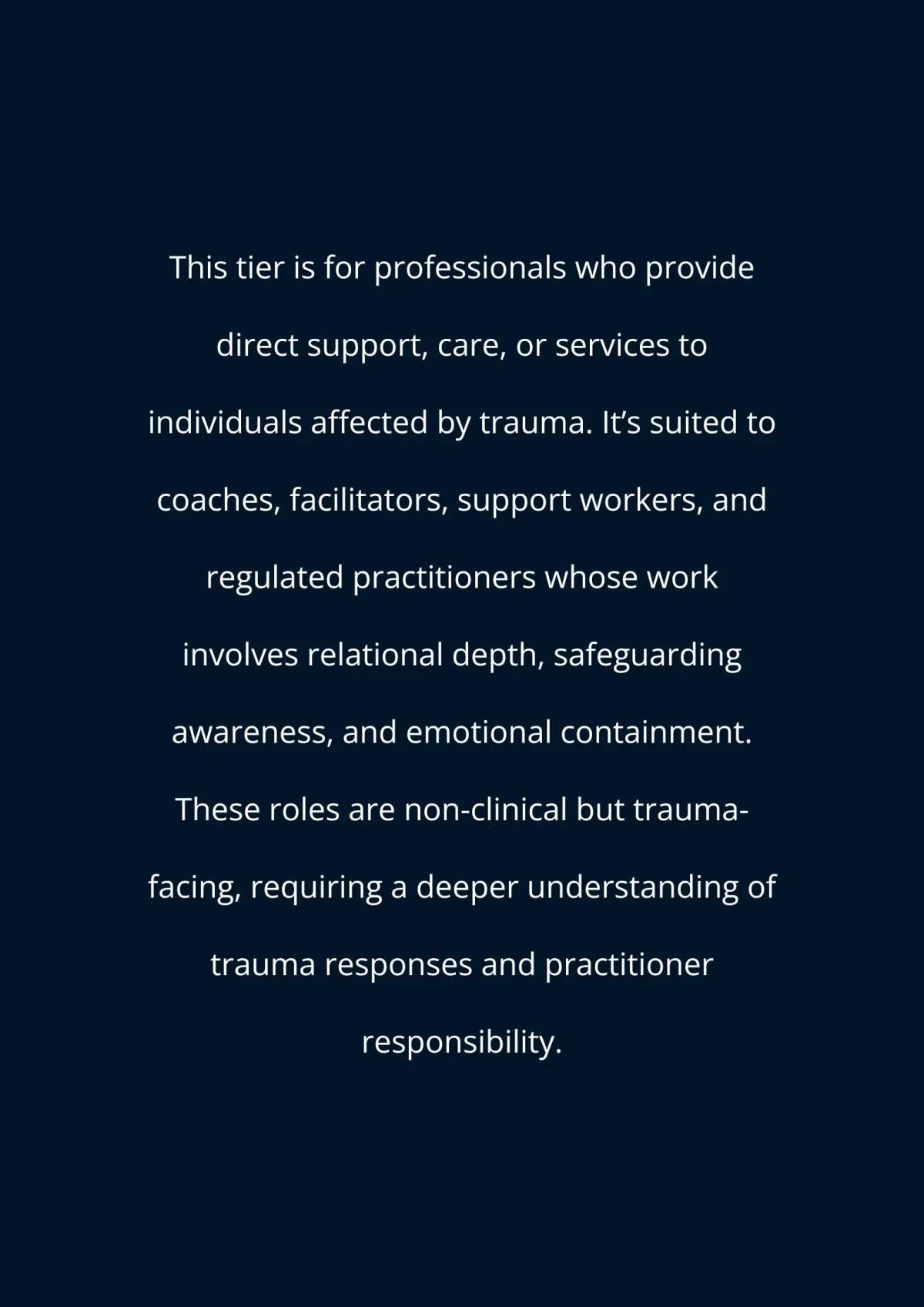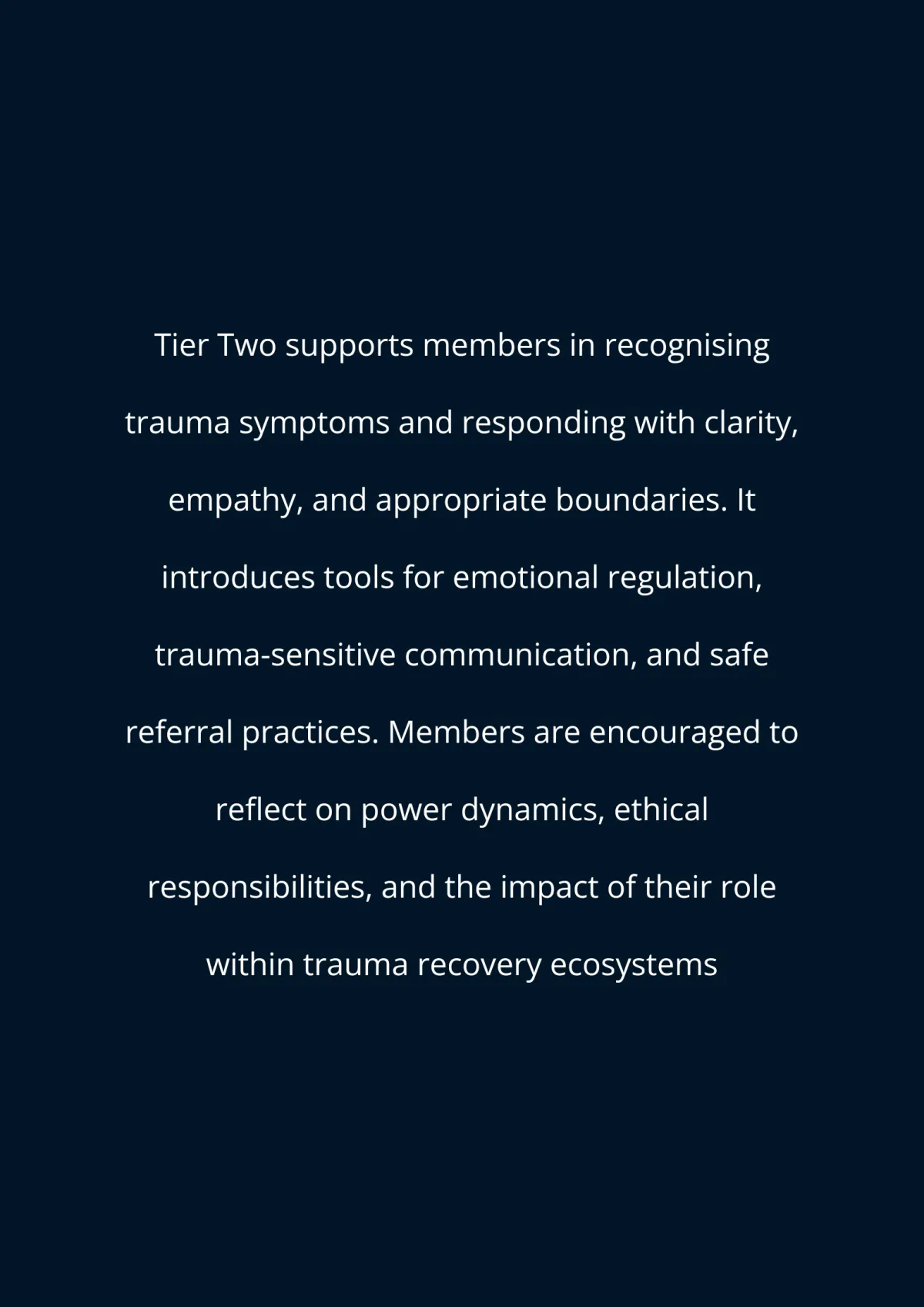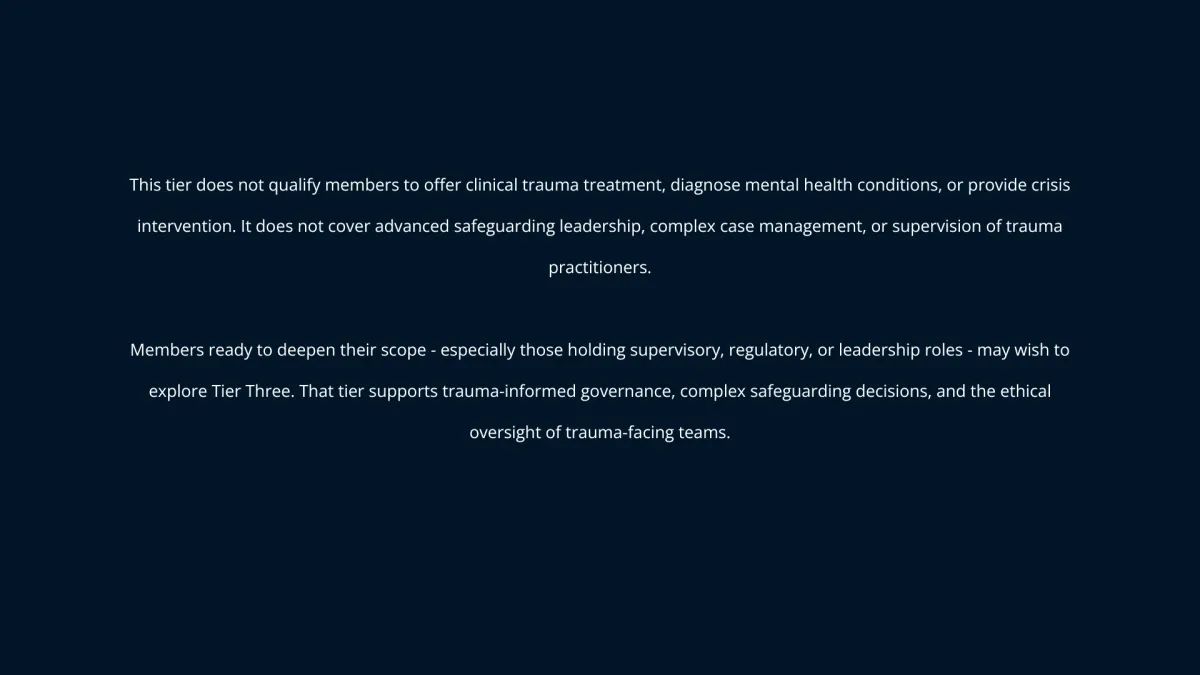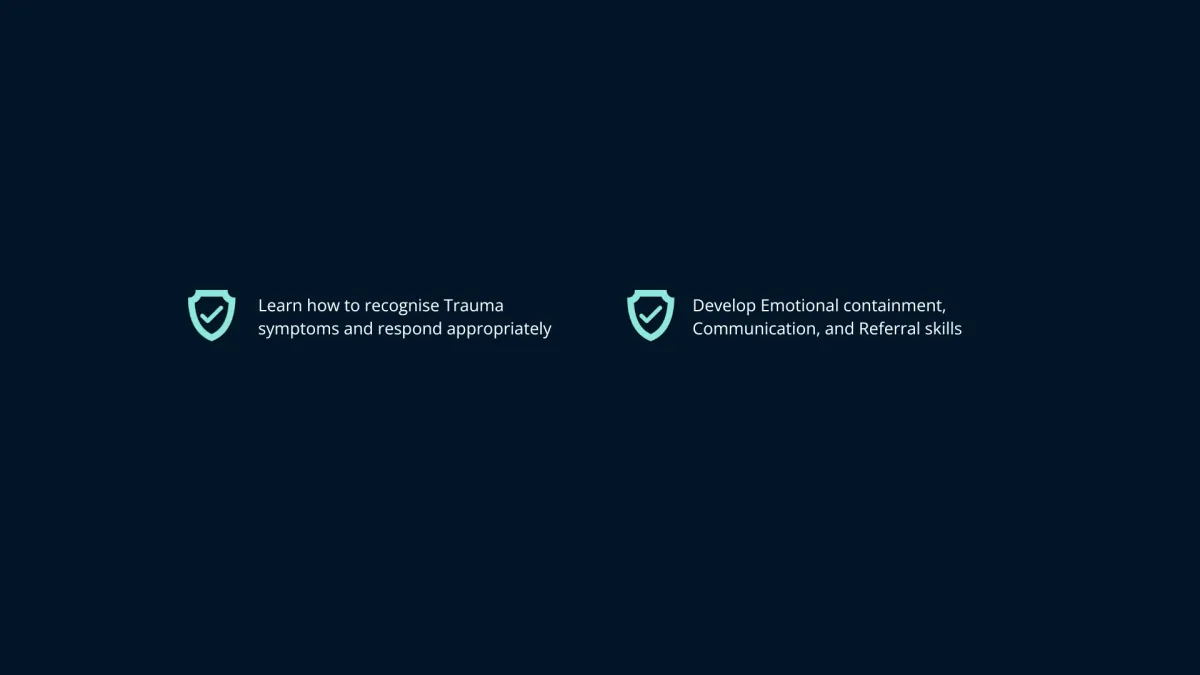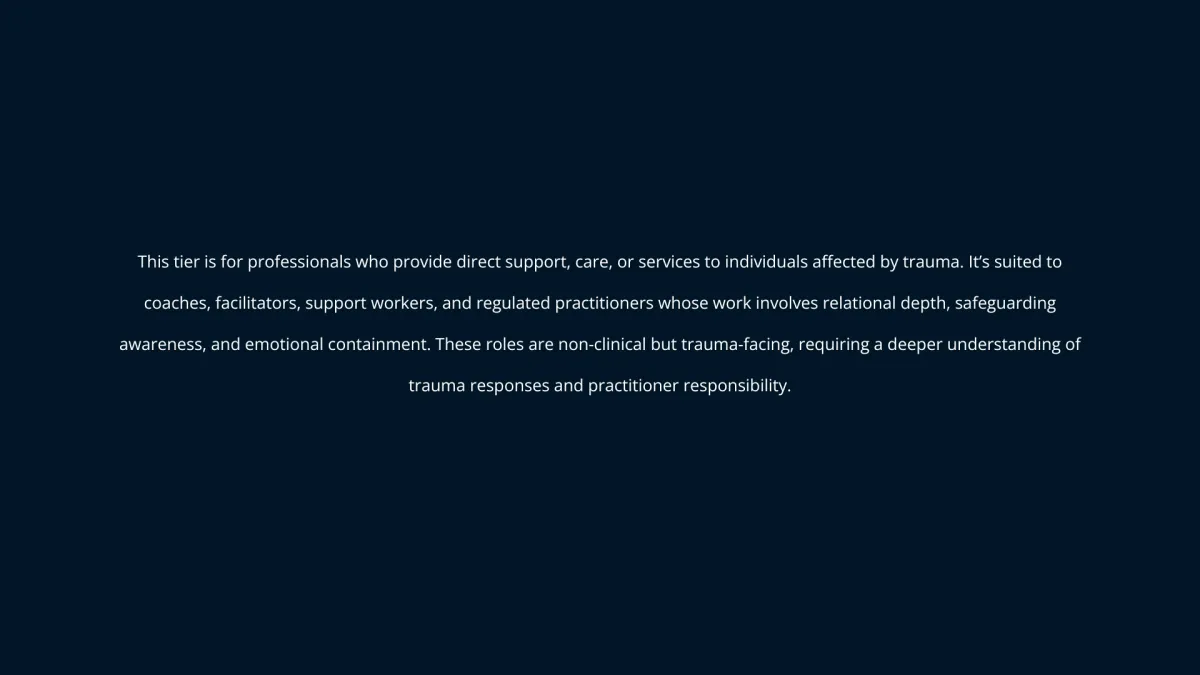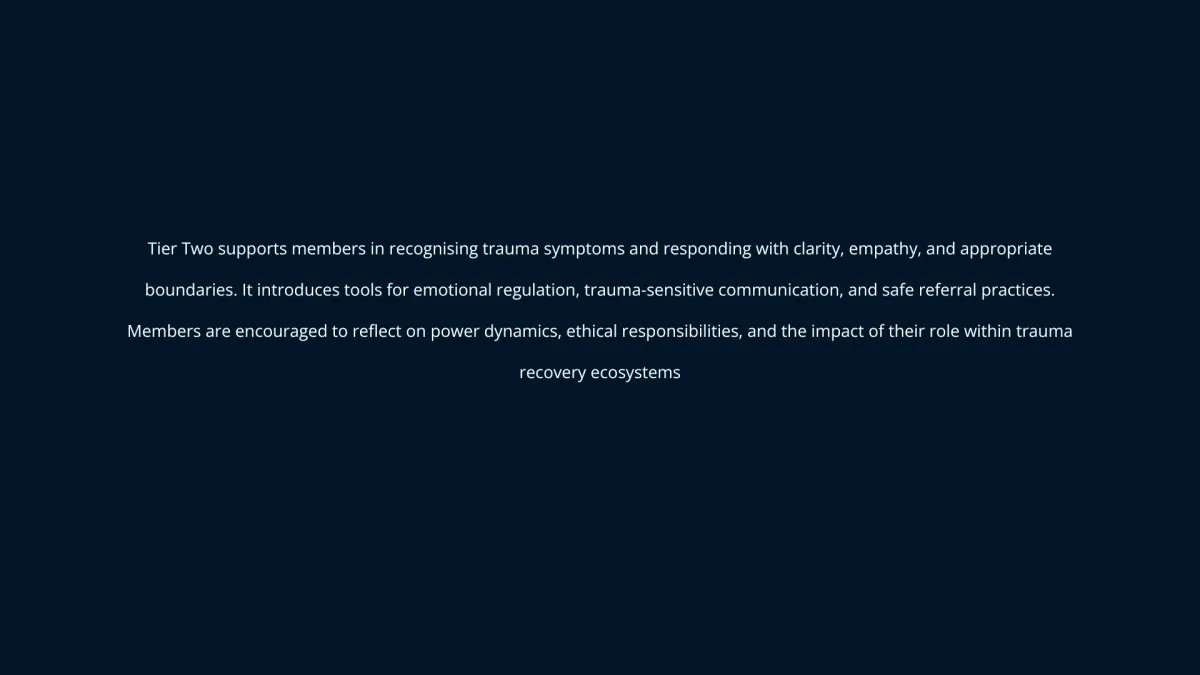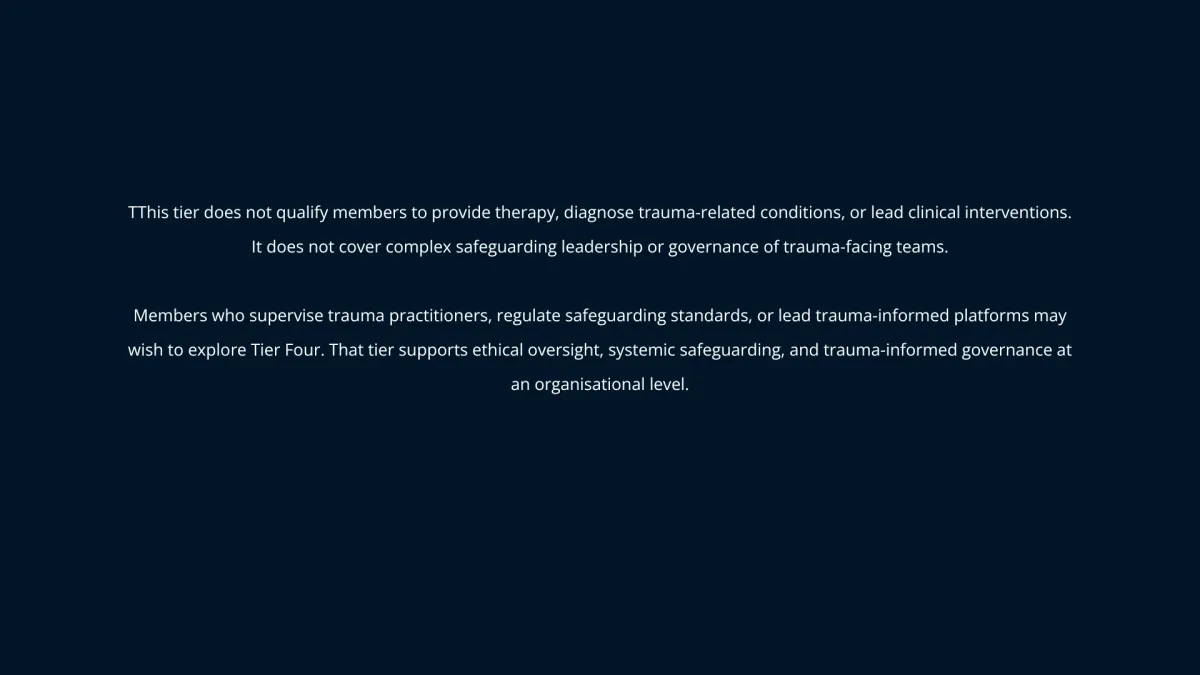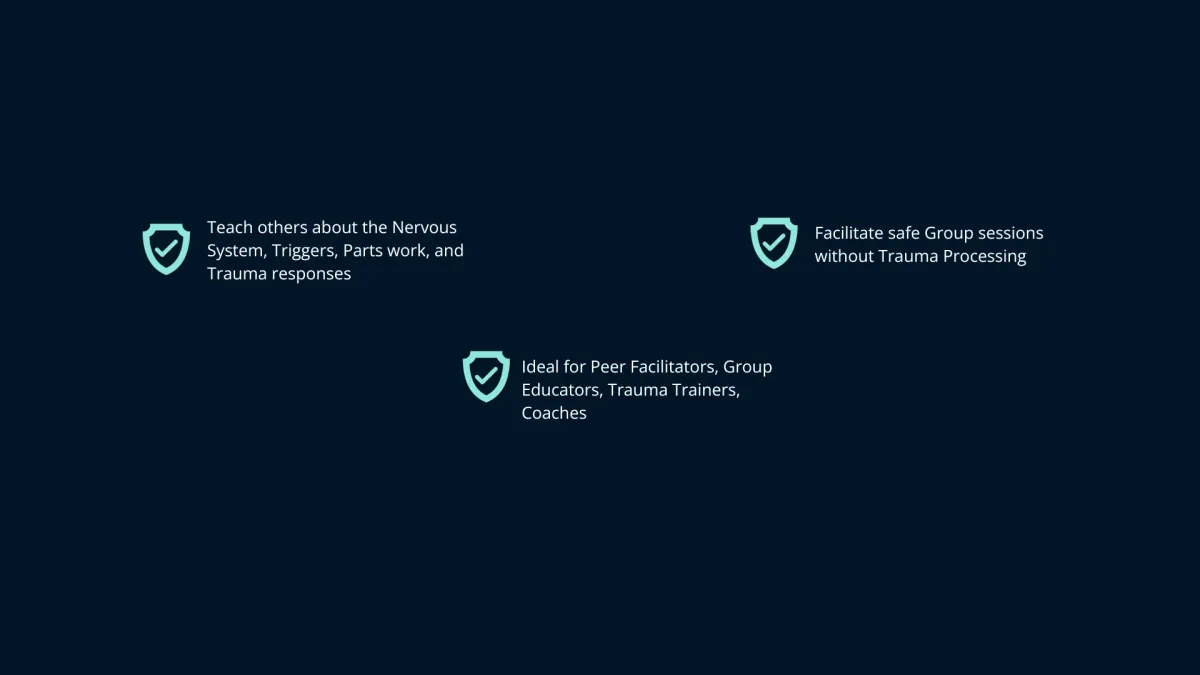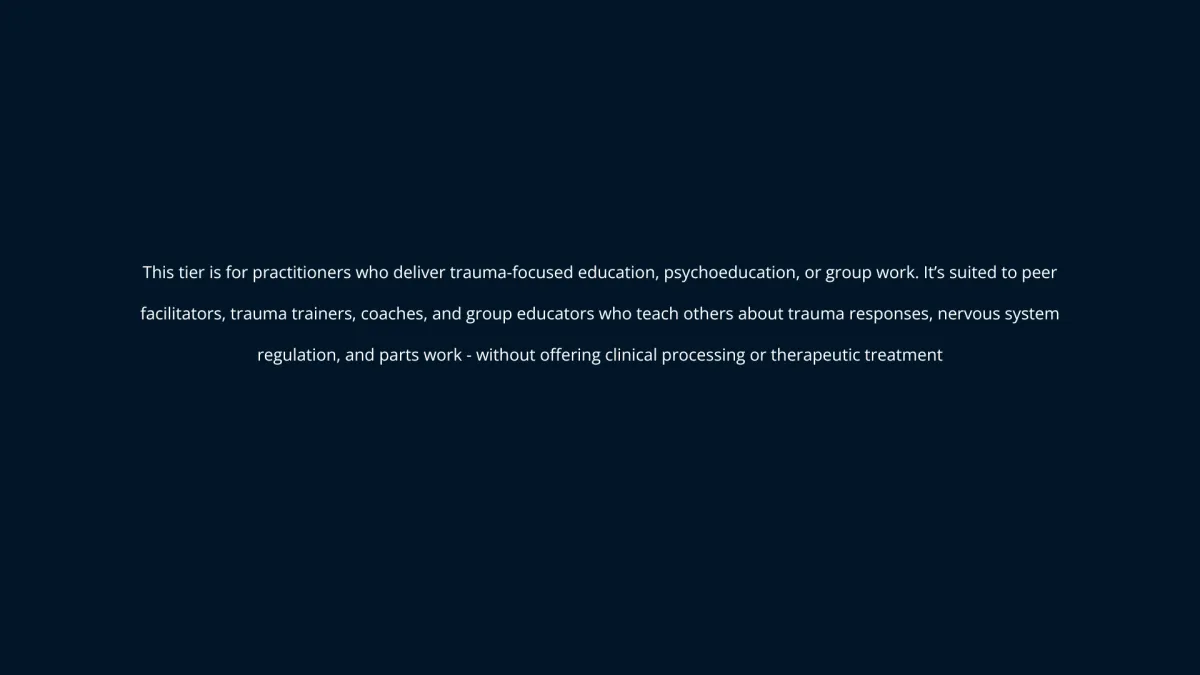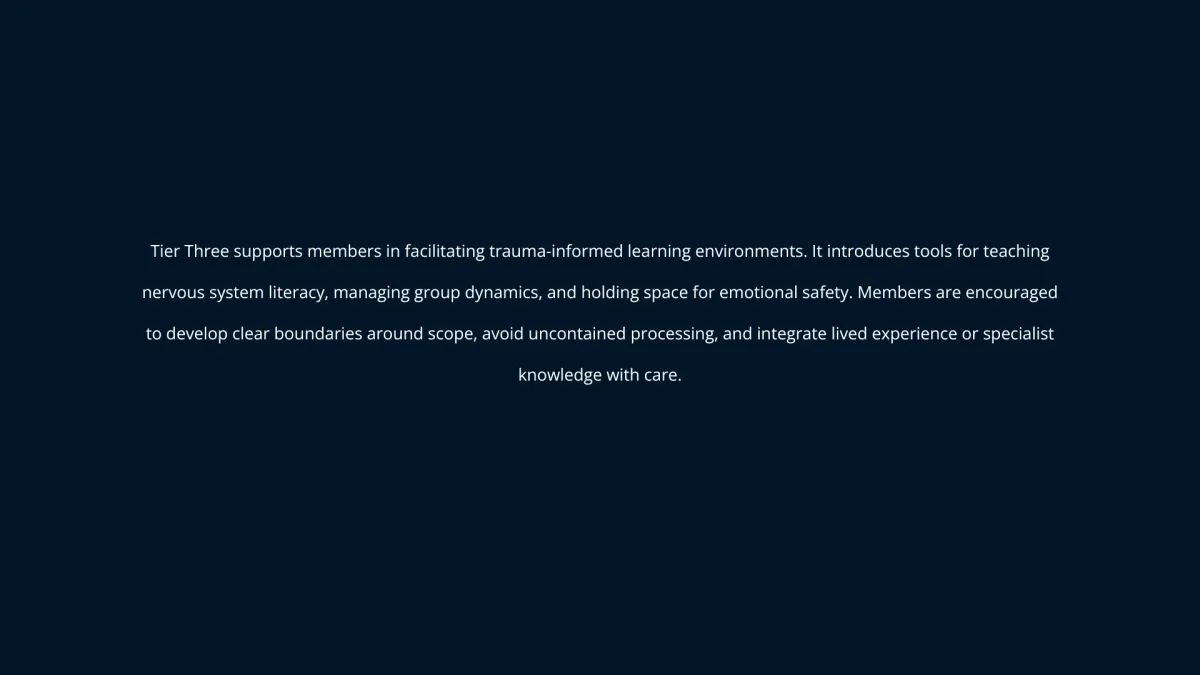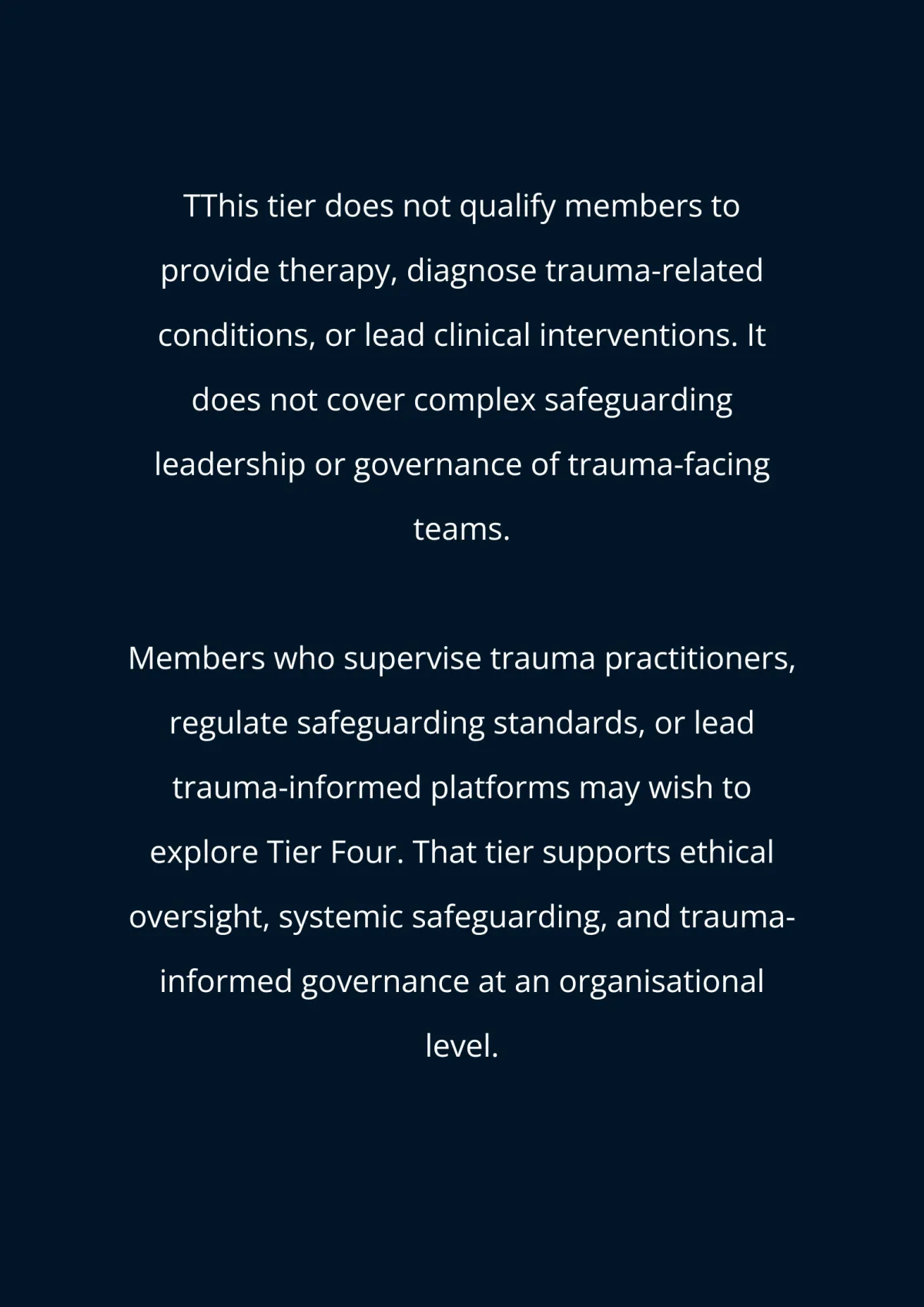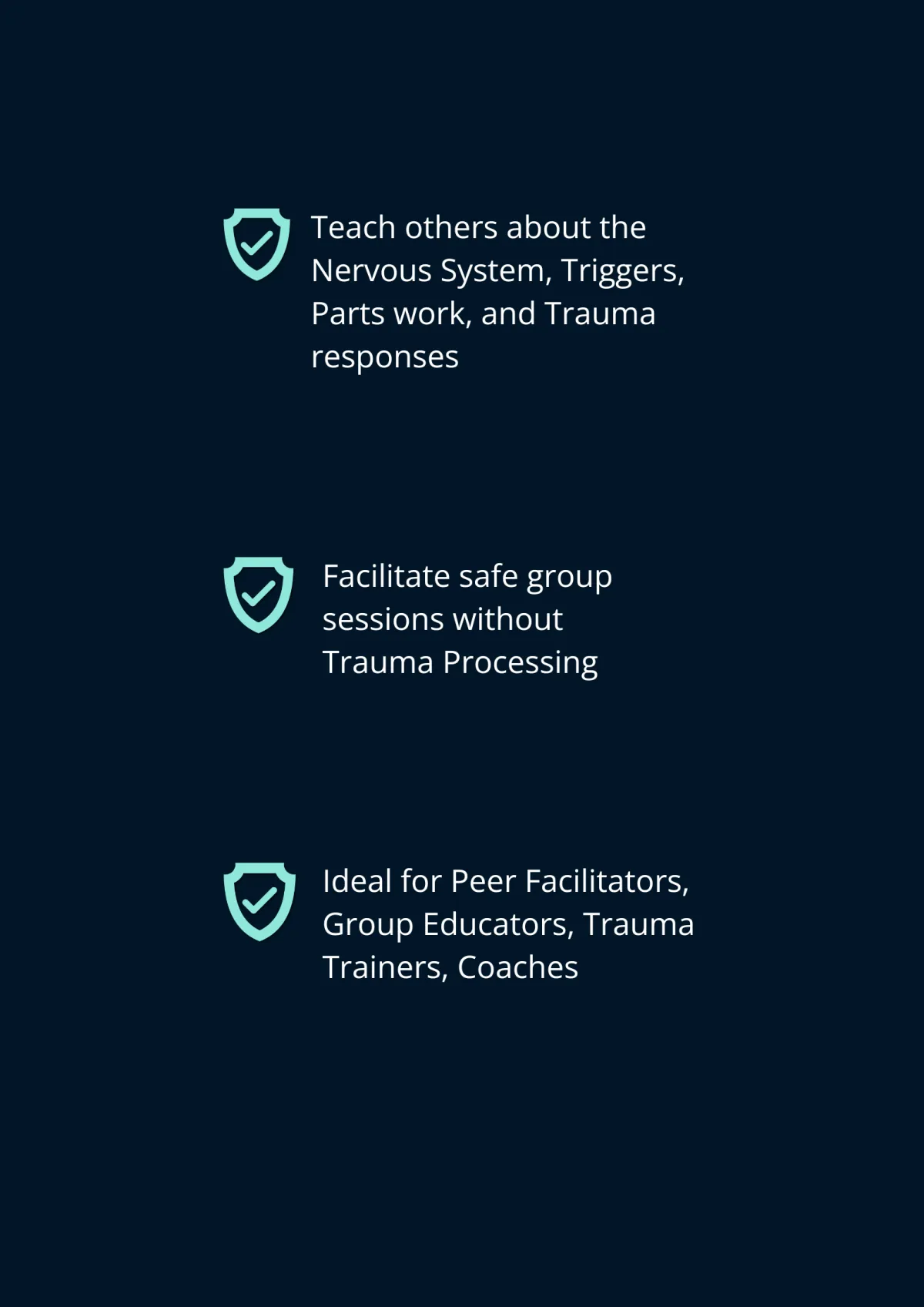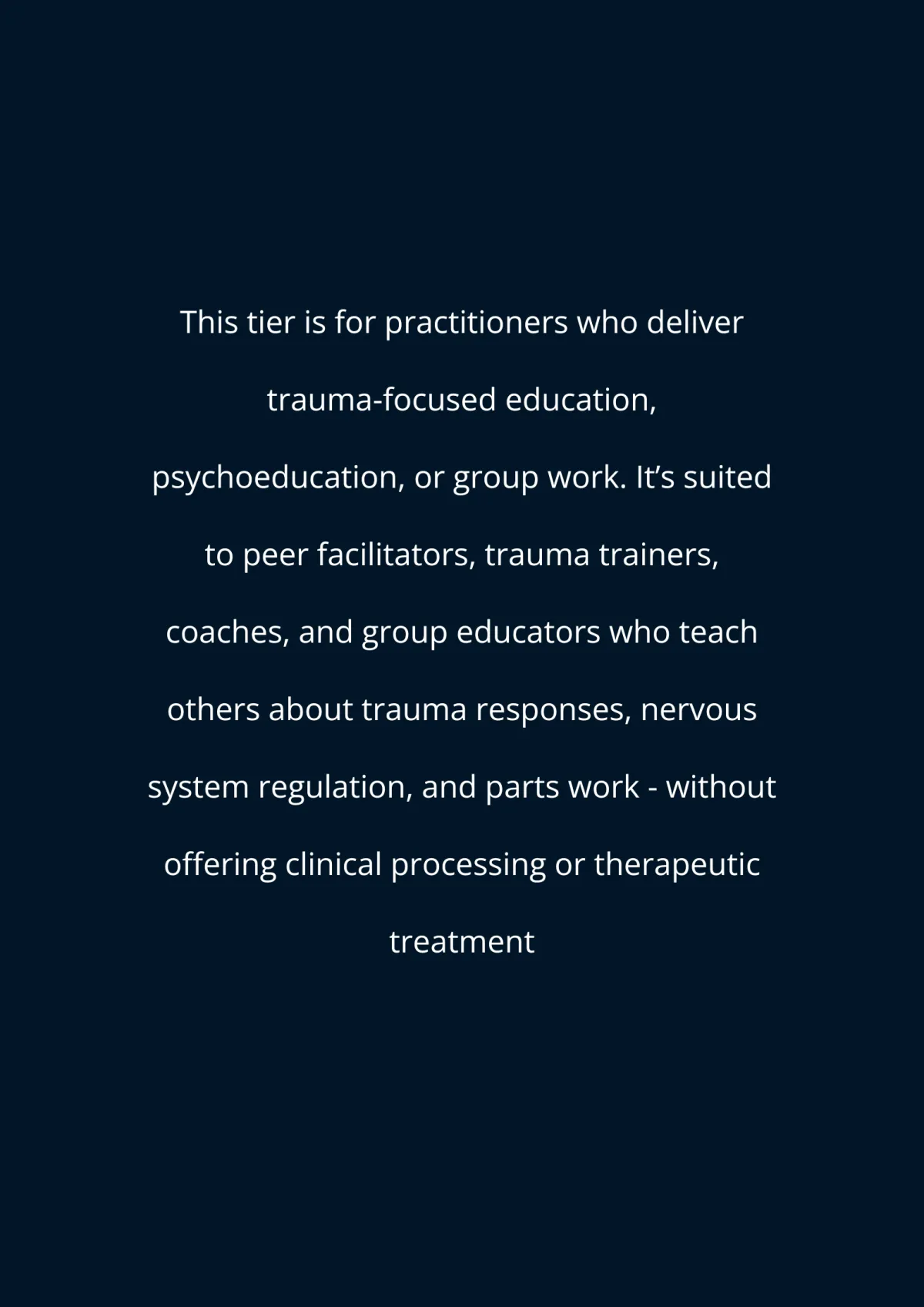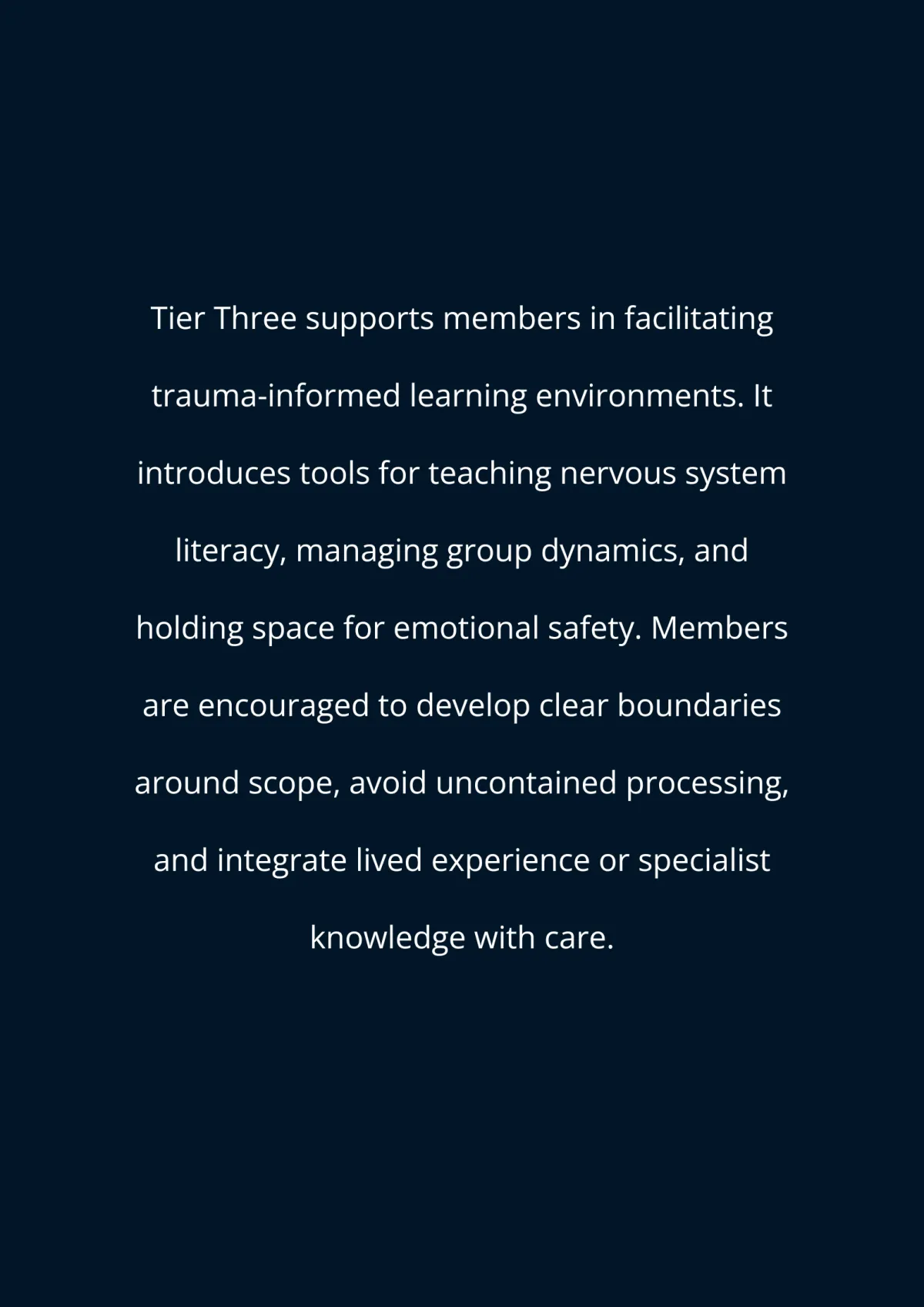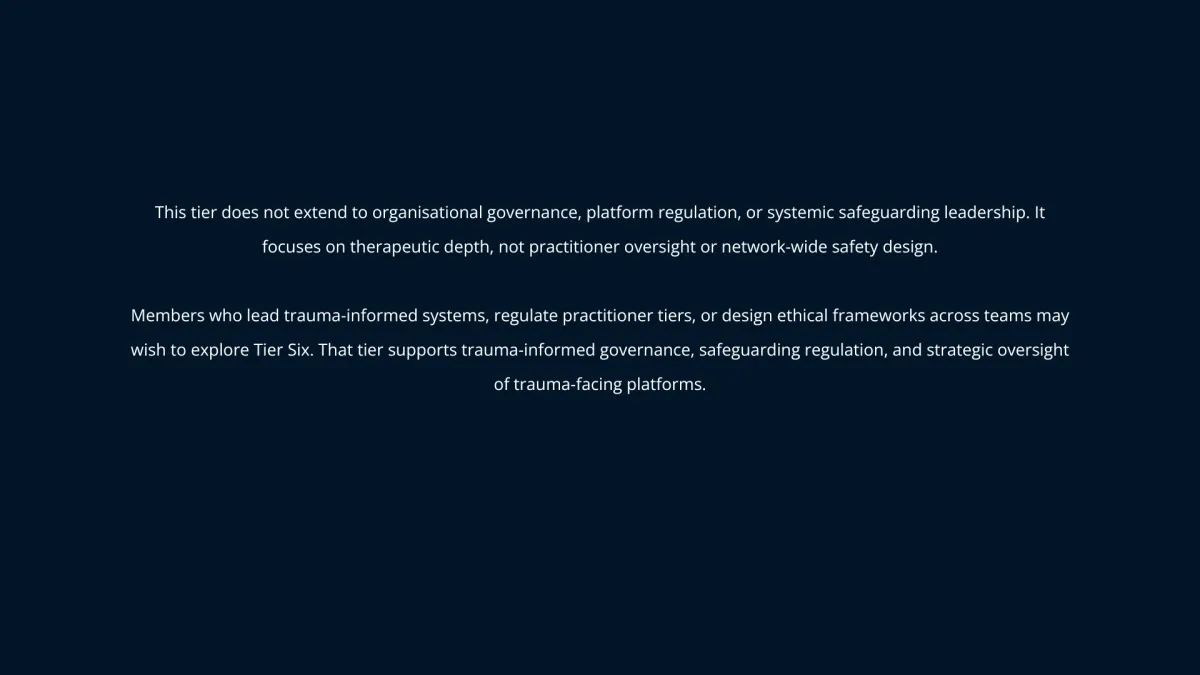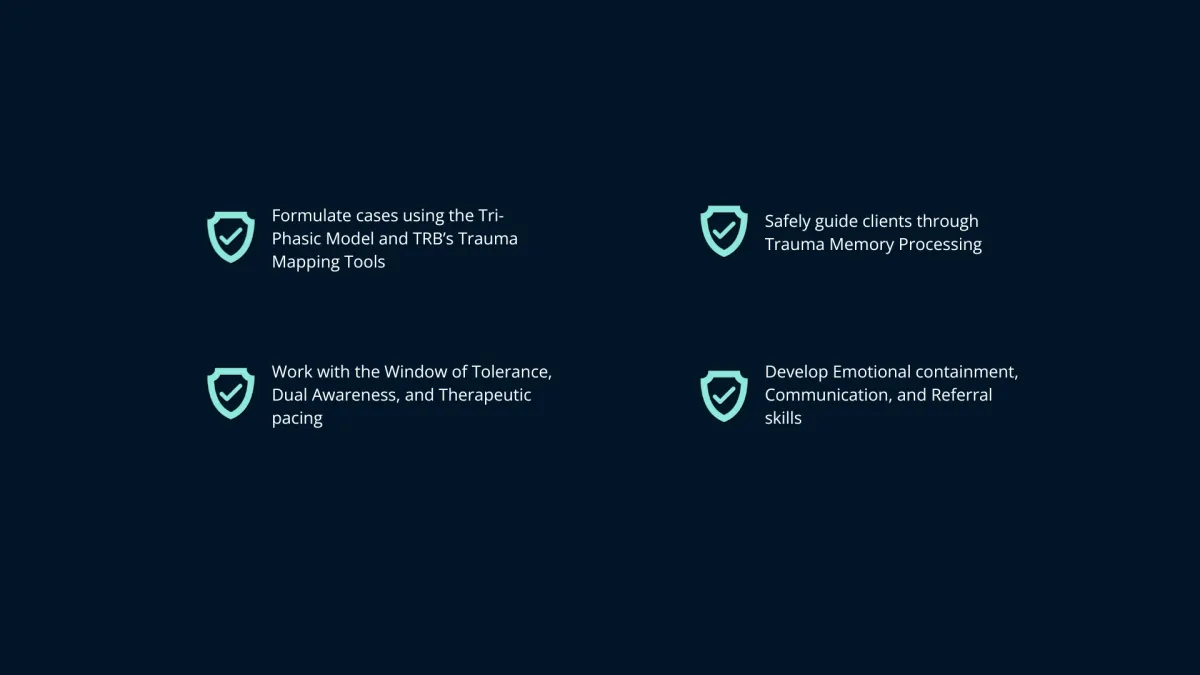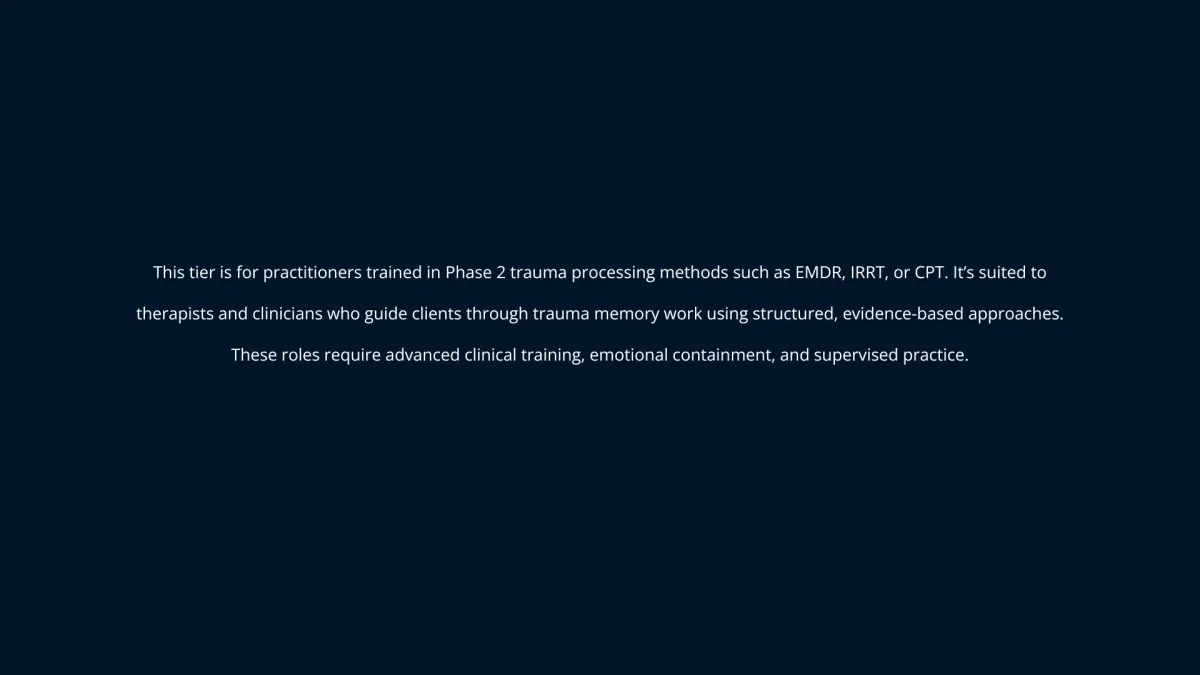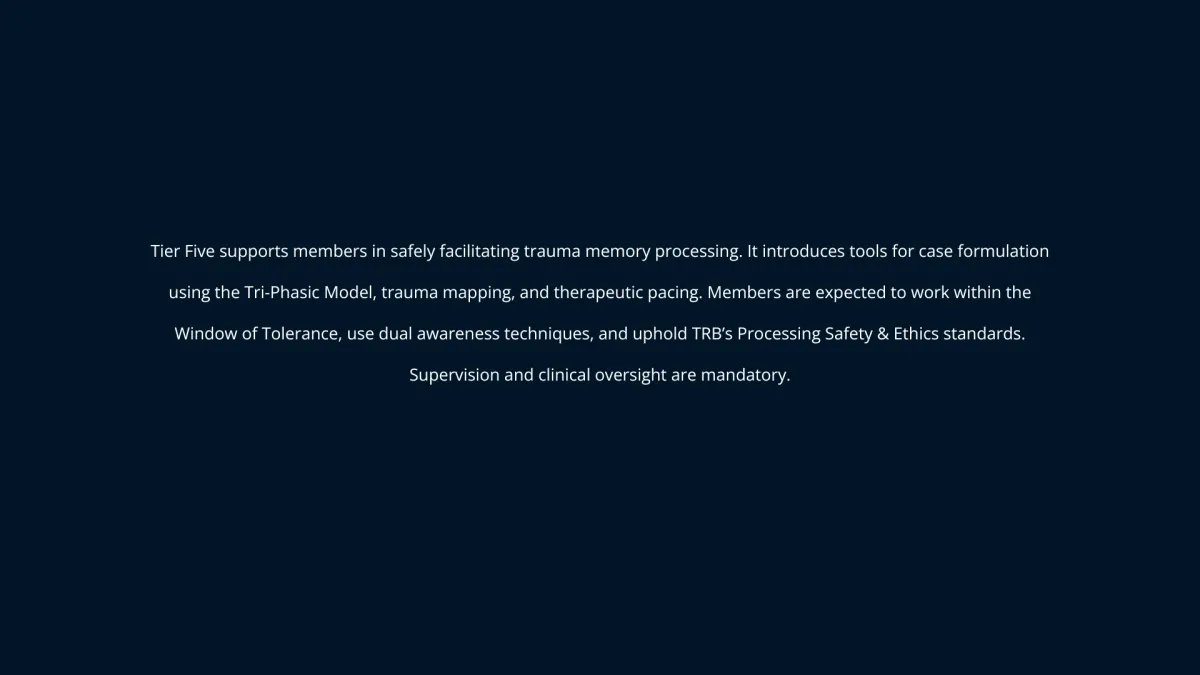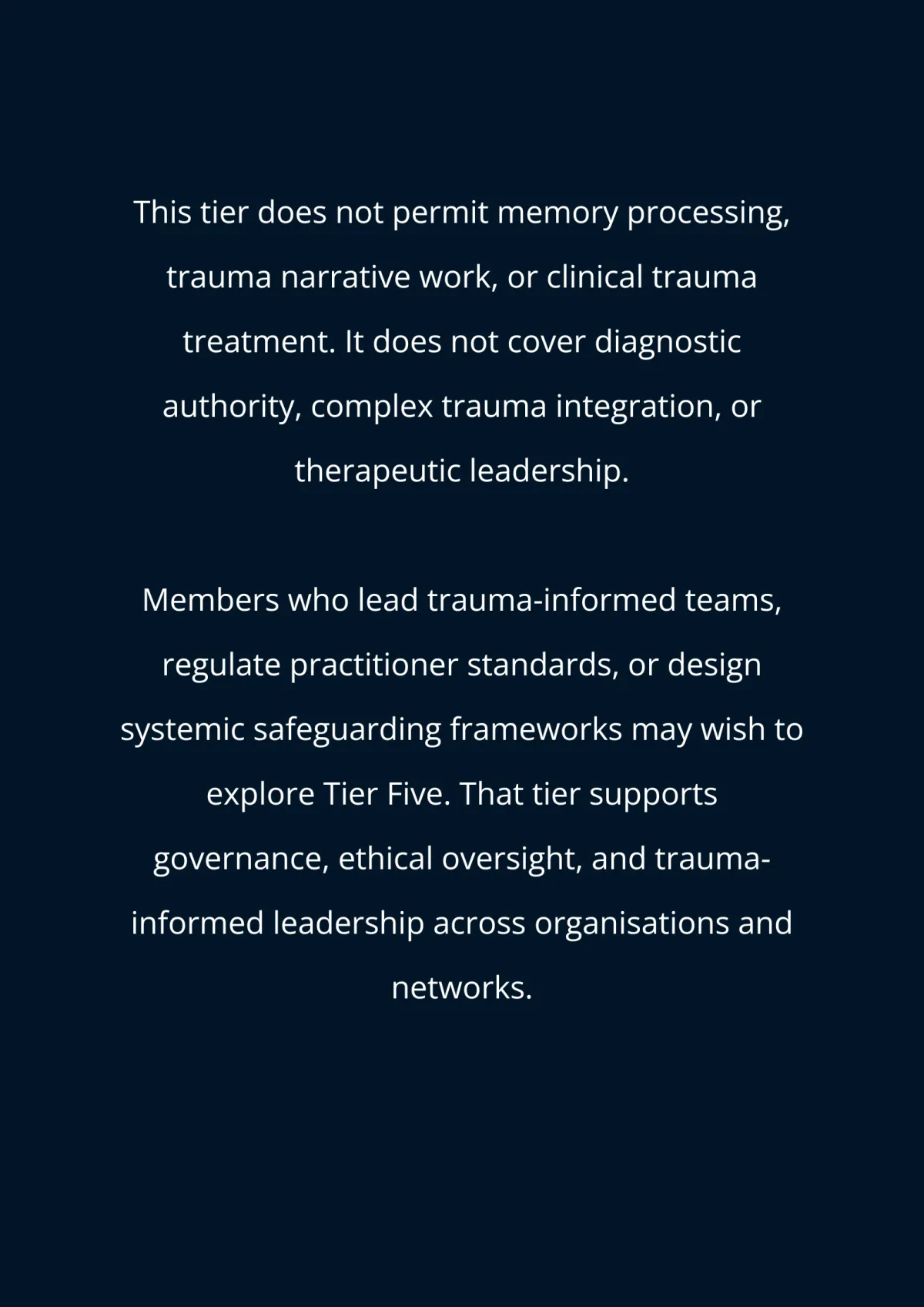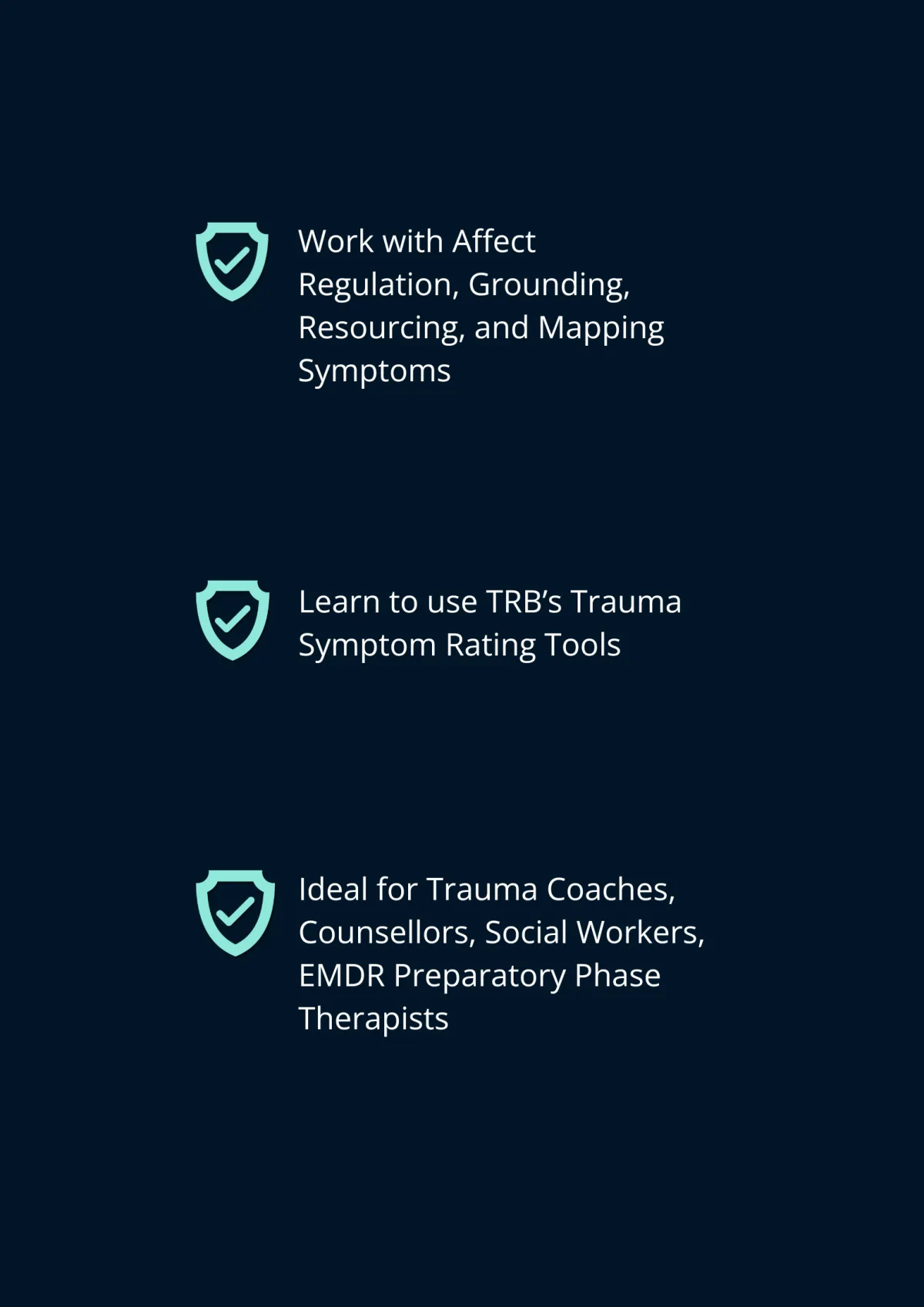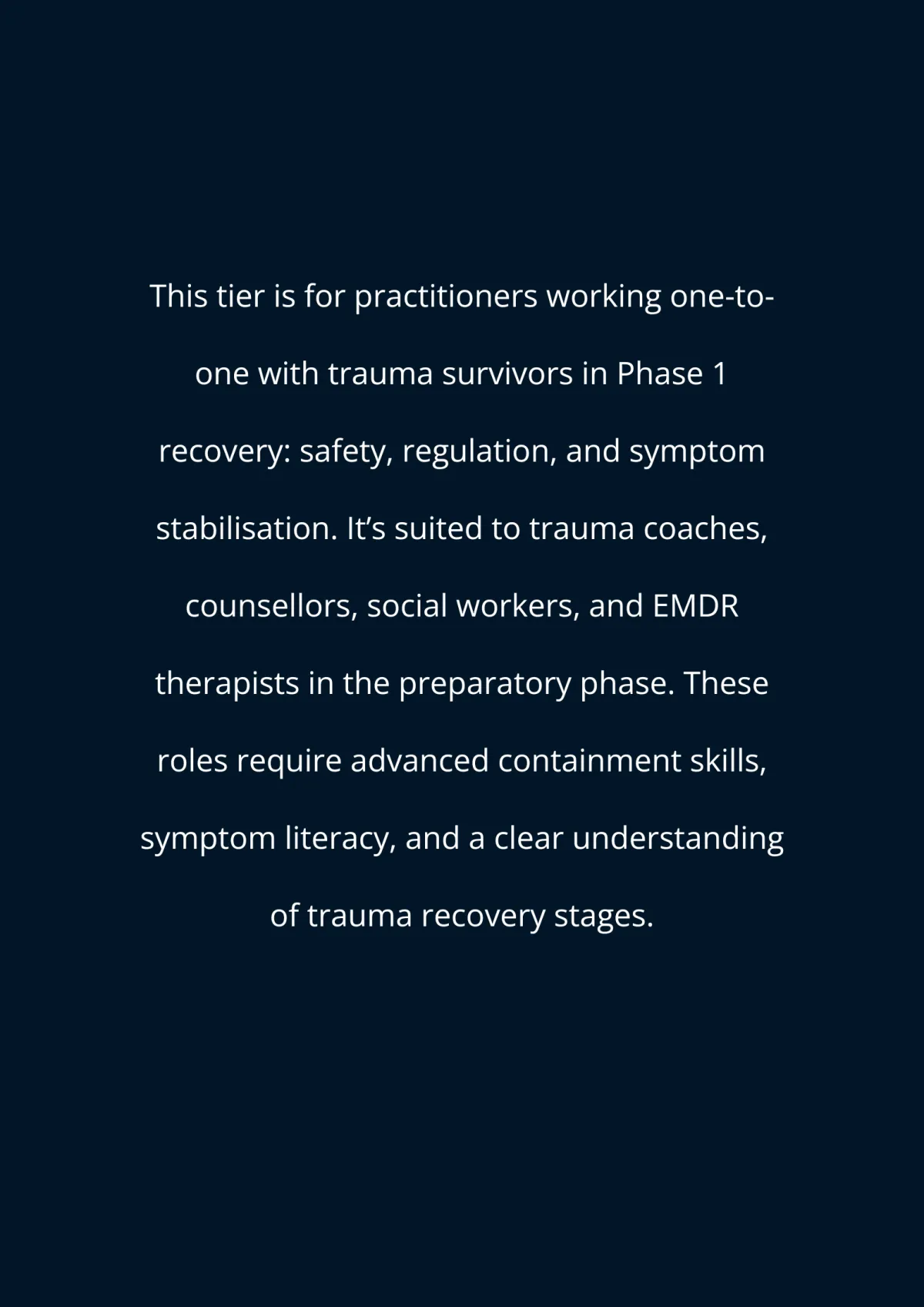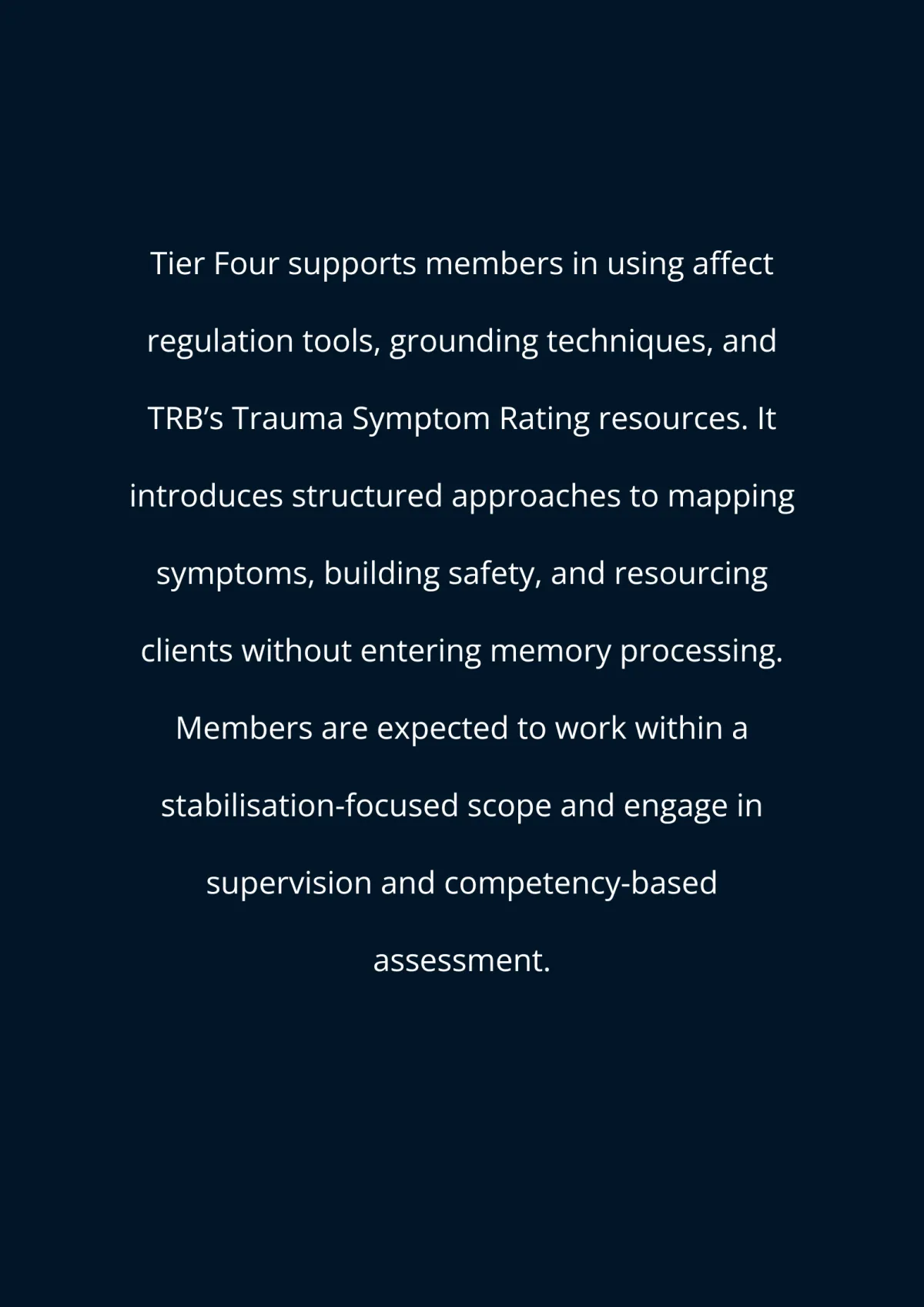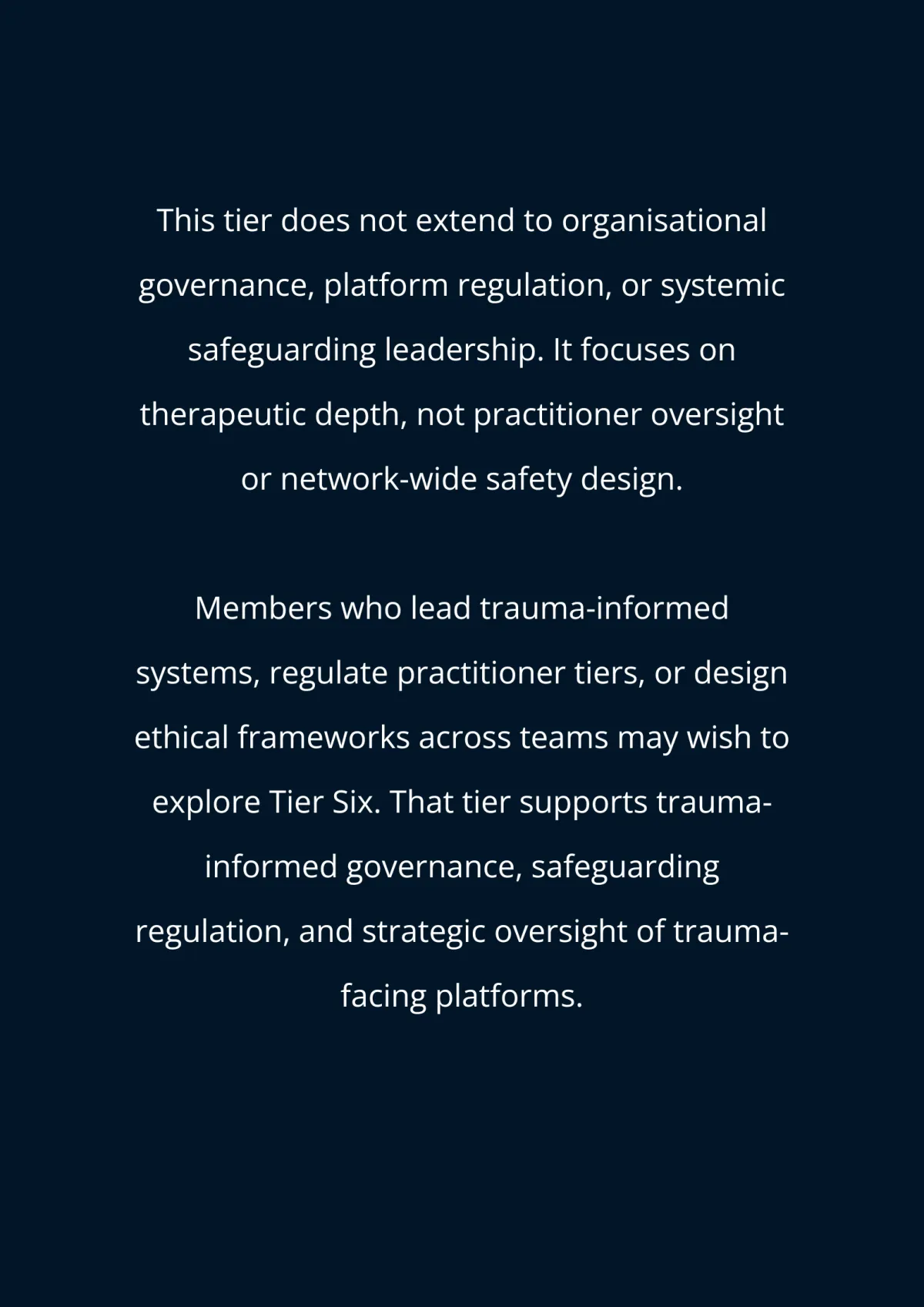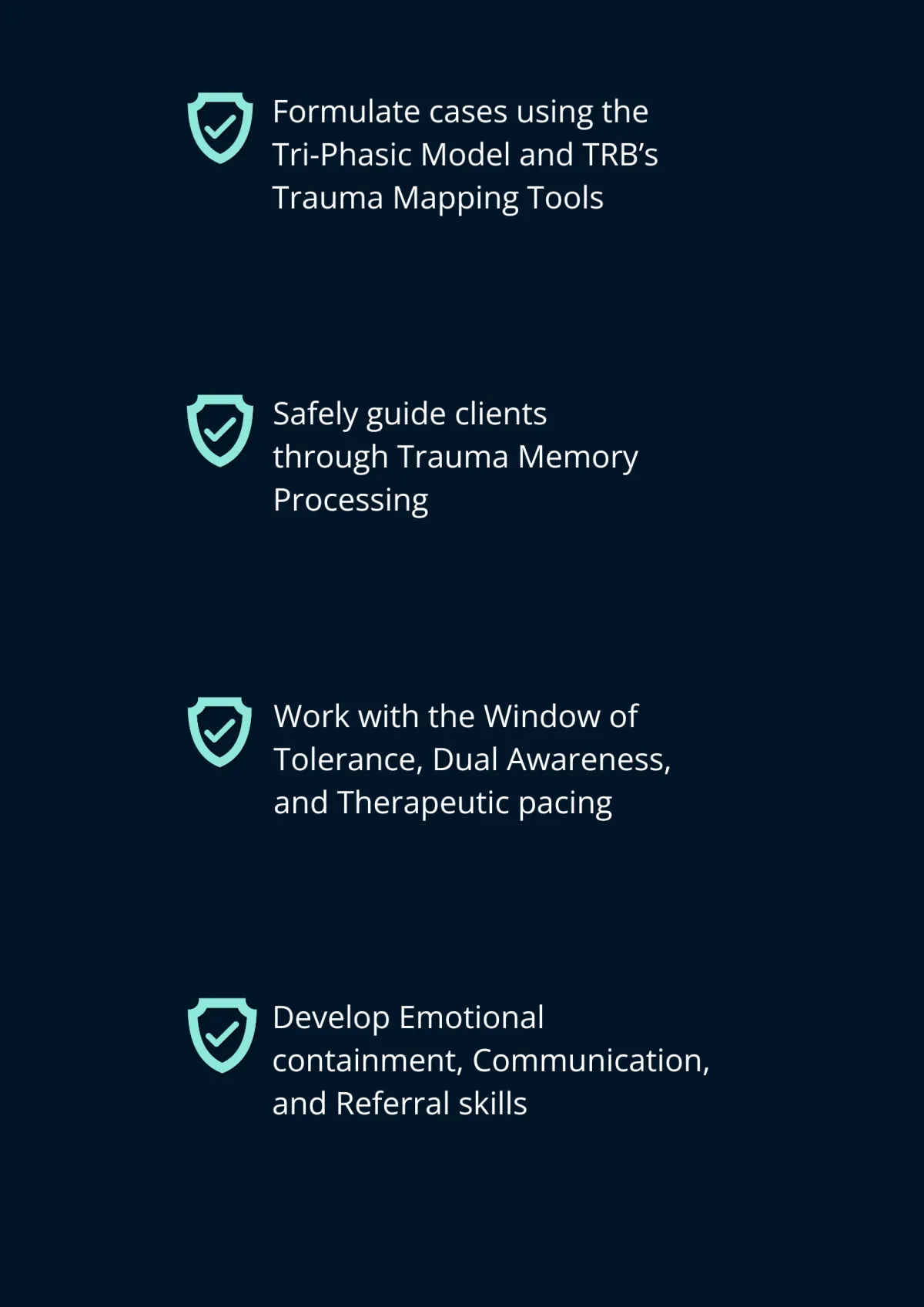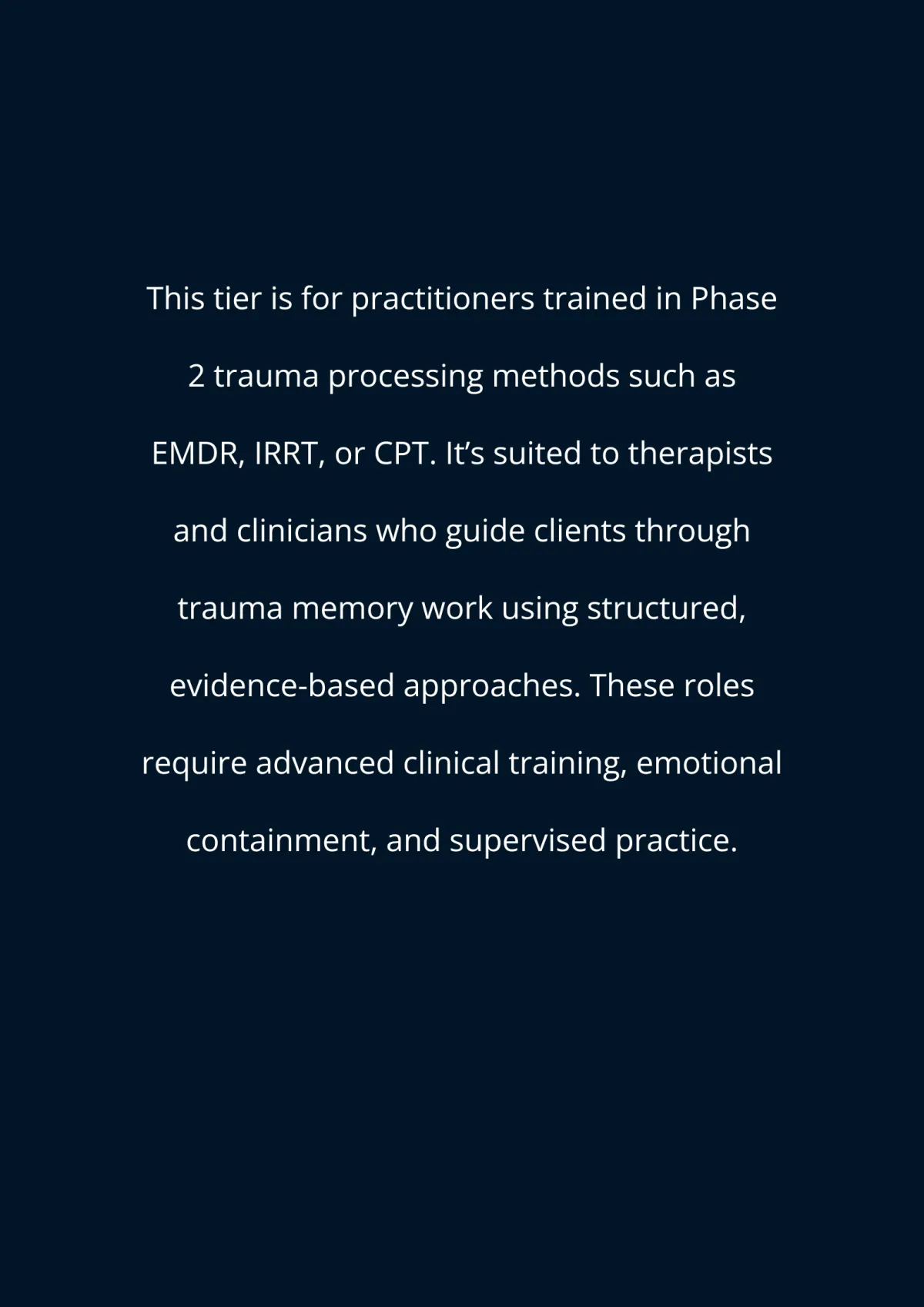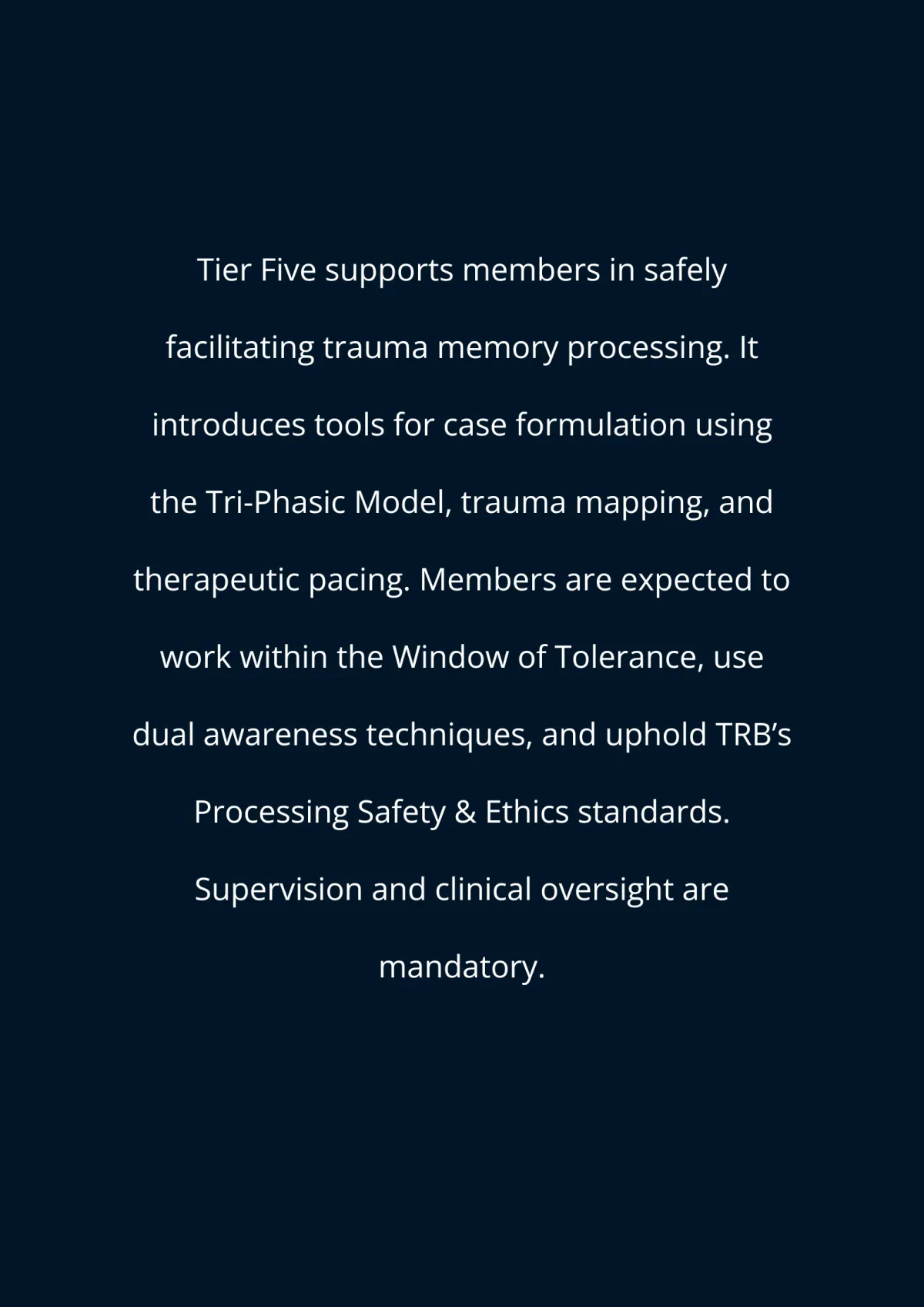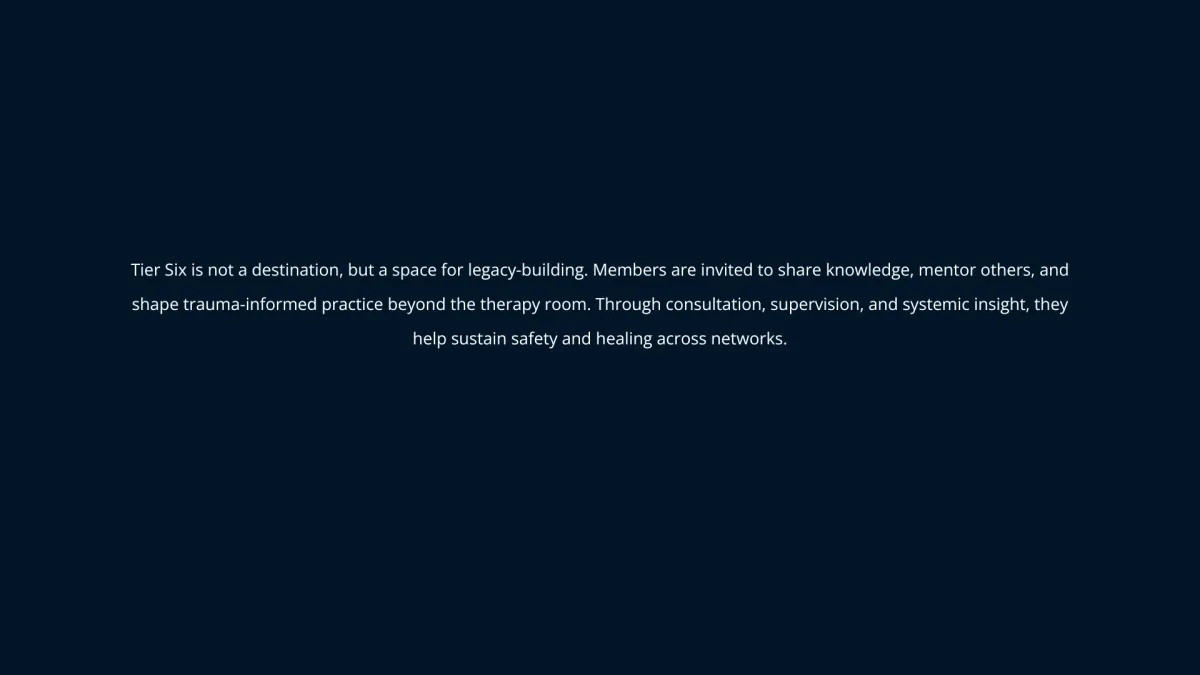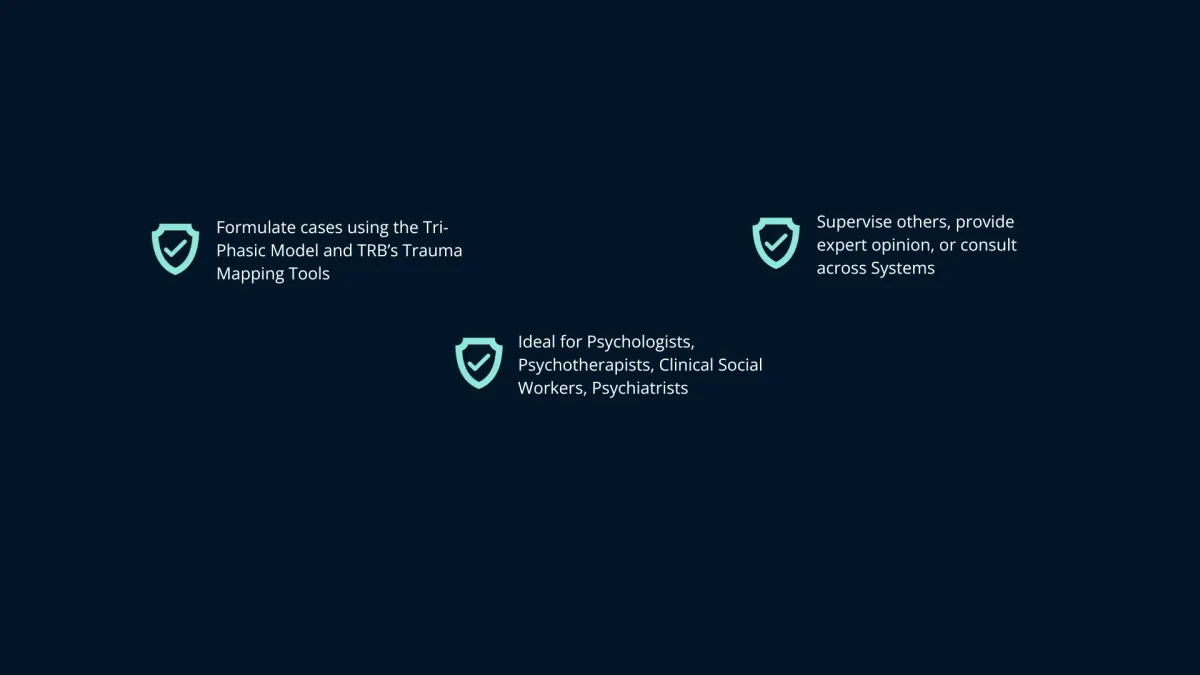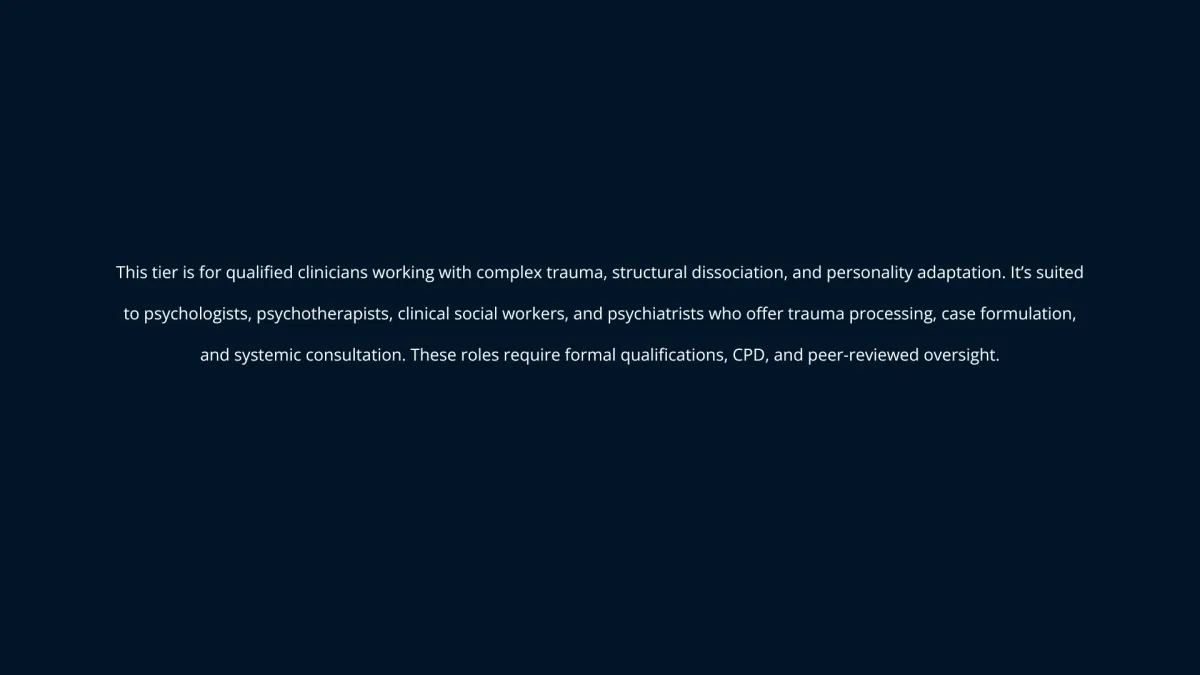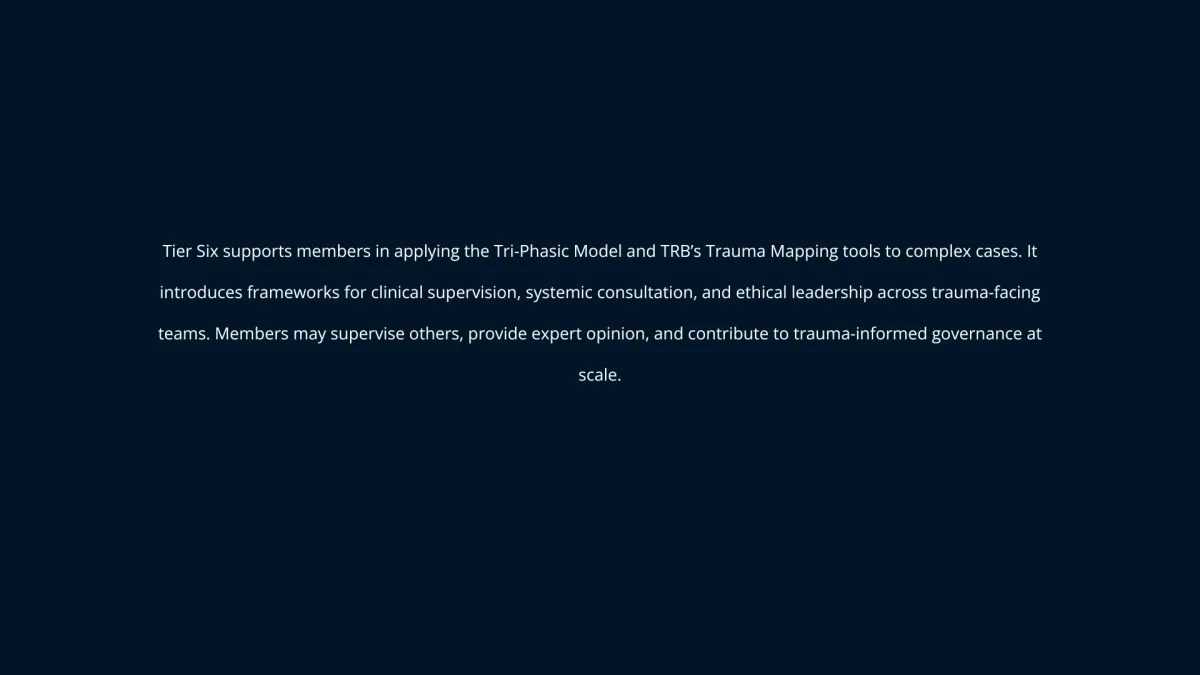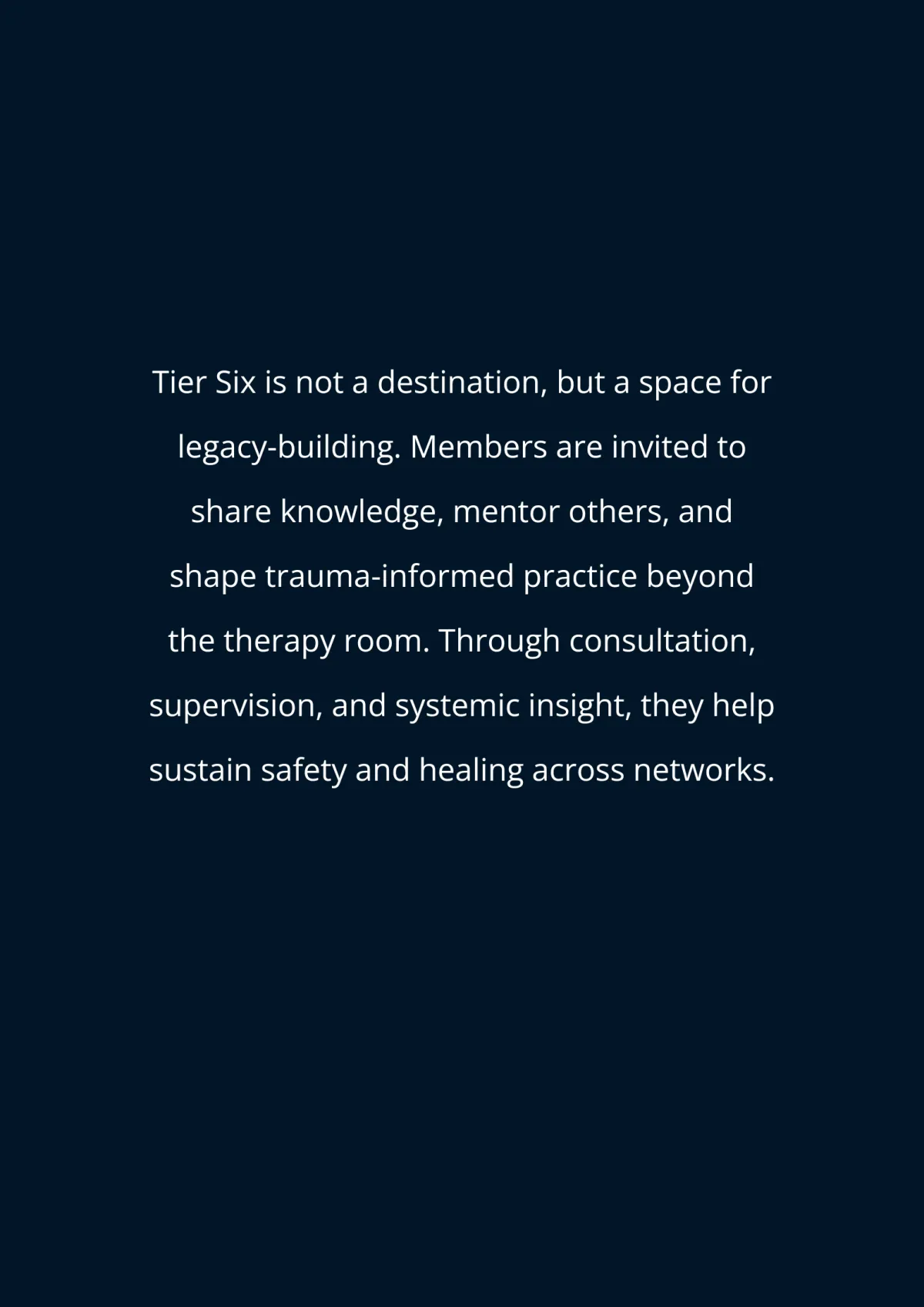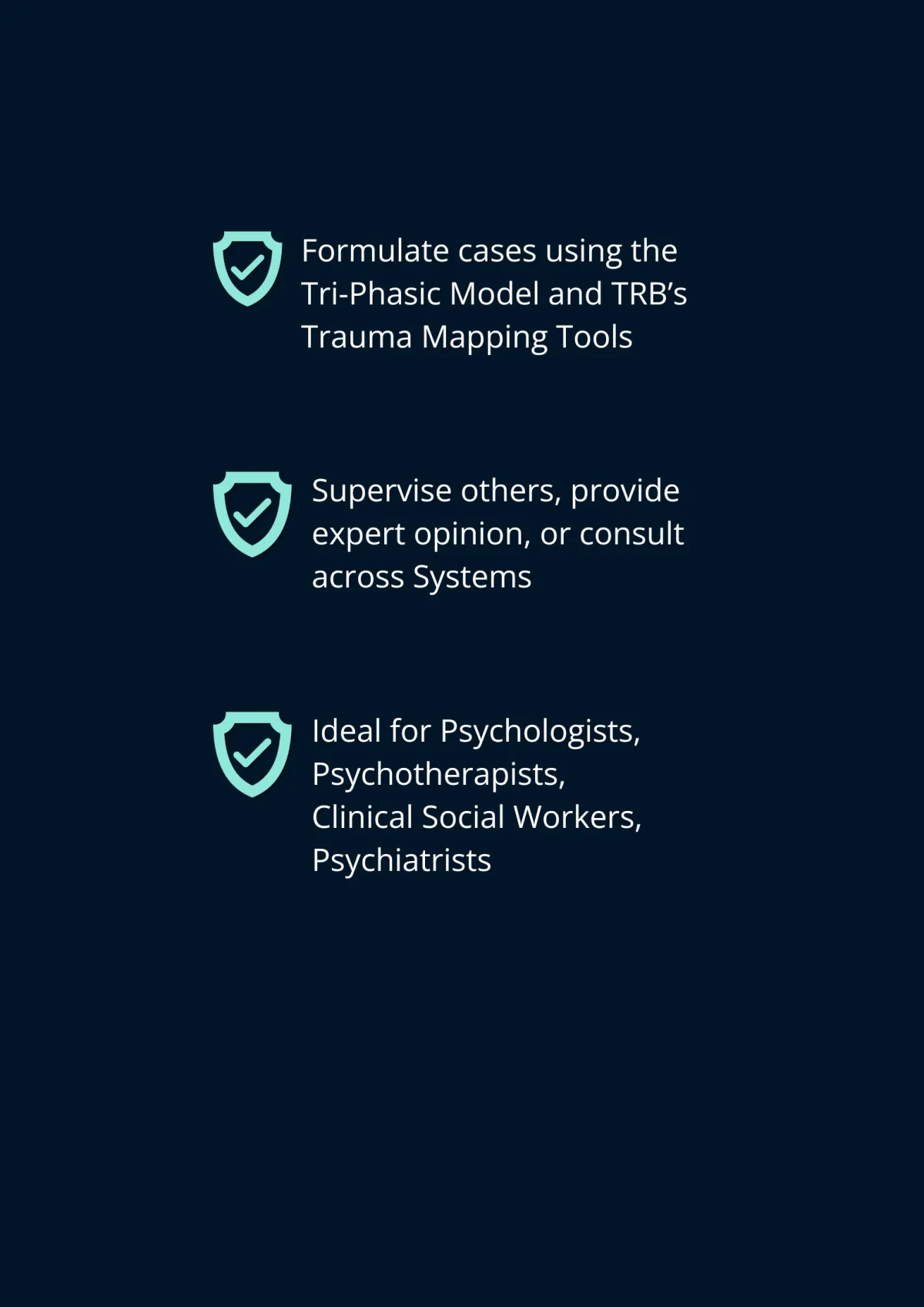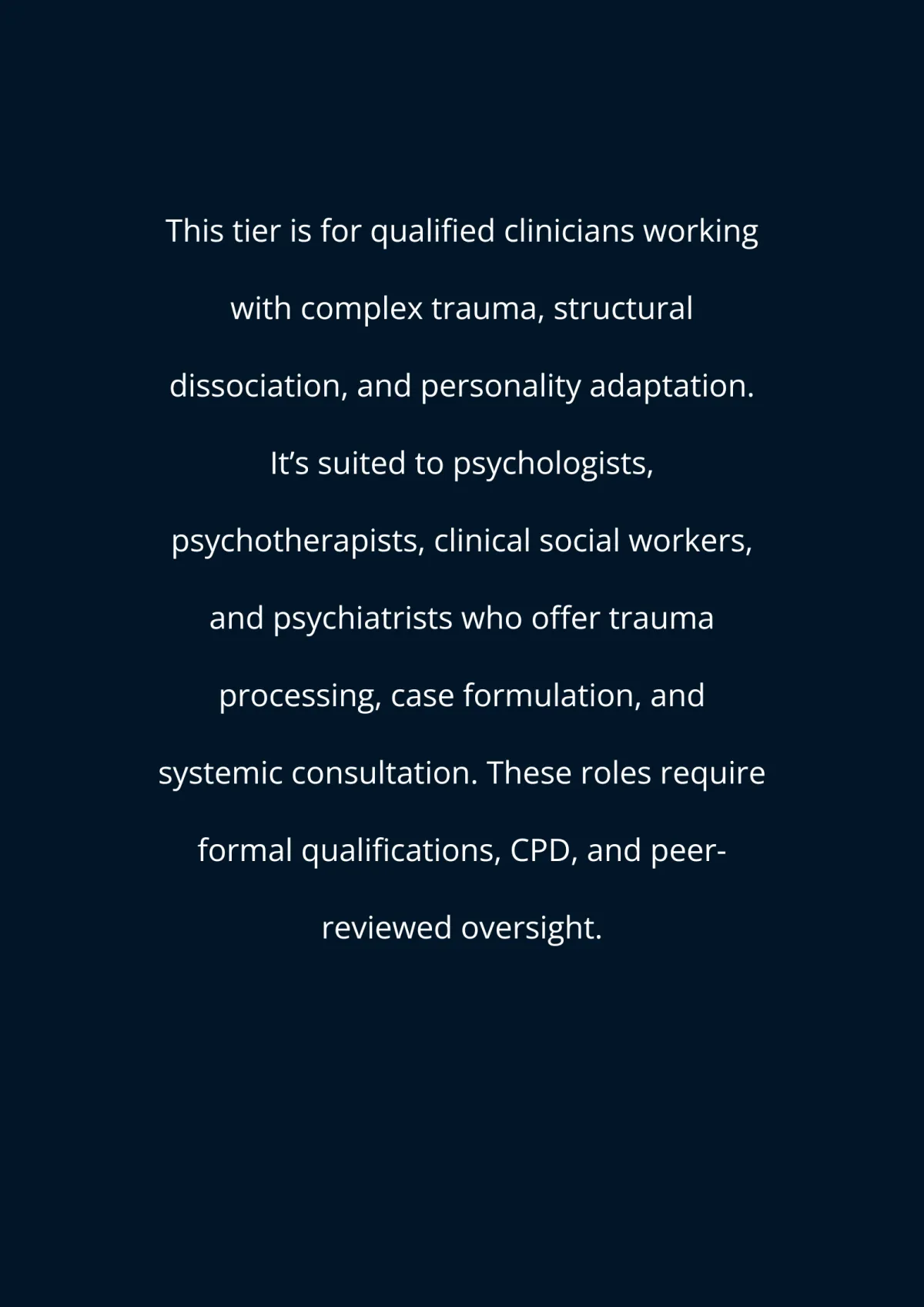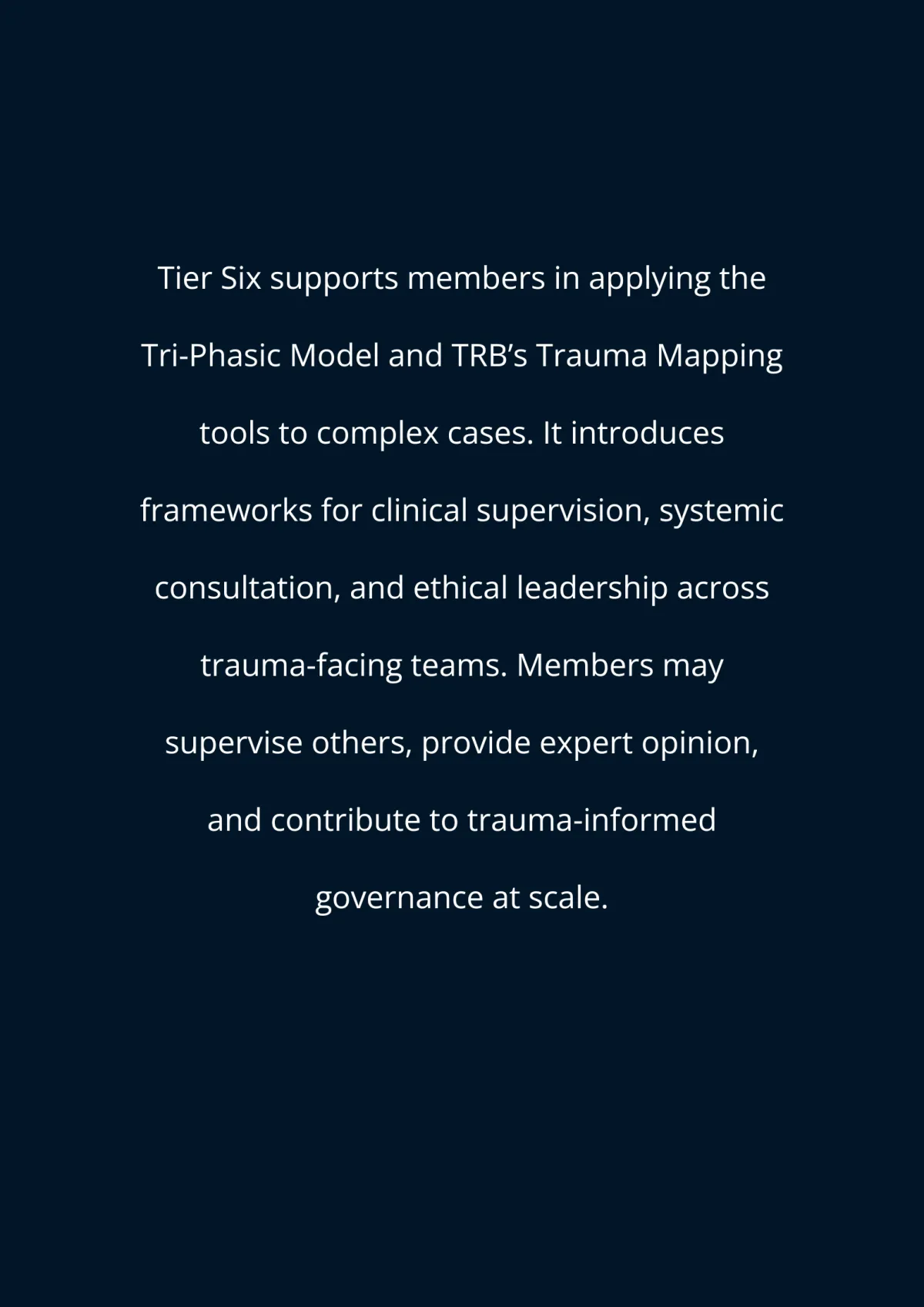Understanding Your Tier
At the Trauma Regulation Board, we recognise that trauma-informed practice exists across a wide spectrum of professions. Most applicants will be placed at the Trauma-Aware level, which honours foundational understanding and engagement with trauma-informed principles.
Higher tiers are reserved for professionals whose work involves direct therapeutic, educational, or clinical engagement with traumatised individuals - such as Therapists, Trauma Educators, or Clinical Supervisors. These tiers reflect the depth of responsibility and expertise required in roles that actively treat or teach trauma-specific content.
Discipline-Specific Applications
Each profession has its own dedicated membership form and criteria. These are tailored to reflect the unique responsibilities and contexts of your discipline. You can find the relevant form and guidance on your profession’s page.
TIER ONE
Trauma Aware
For those in Public-facing or Support Roles who want to build a foundational understanding of Trauma
No Clinical Work Required
TIER TWO
Trauma-Informed Practitioner
For those providing direct support, care, or services to individuals affected by trauma
Non-Clinical but Trauma-facing Roles
TIER THREE
Trauma Psychoeducation Specialist
For those delivering trauma-focused content, education, or group work
May involve lived experience or Specialist Knowledge
TIER FOUR
Trauma Stabilisation Practitioner
For those working one-to-one on Phase 1 Trauma Recovery (Safety and Regulation)
No Memory Processing permitted at this Tier
Competency-based Assessment and Supervision required
TIER FIVE
Trauma Processing Practitioner
For those trained in recognised Phase 2 Processing methods (EMDR, IRRT, CPT)
Supervised Clinical Practice required
TRB's Processing Safety & Ethics Training Mandatory
TIER SIX
Advanced Trauma Therapist / Consultant
For Qualified Clinicians working with Complex Trauma, Structural Dissociation, and Personality Adaptation
Formal Qualifications, CPD, and Peer review required
Formal Qualifications, CPD, and Peer review required
Pricing
At the Trauma Regulation Board, we recognise that trauma-informed practice exists across a wide spectrum of professions. Most applicants will be placed at the Trauma-Aware level, which honours foundational understanding and engagement with trauma-informed principles.
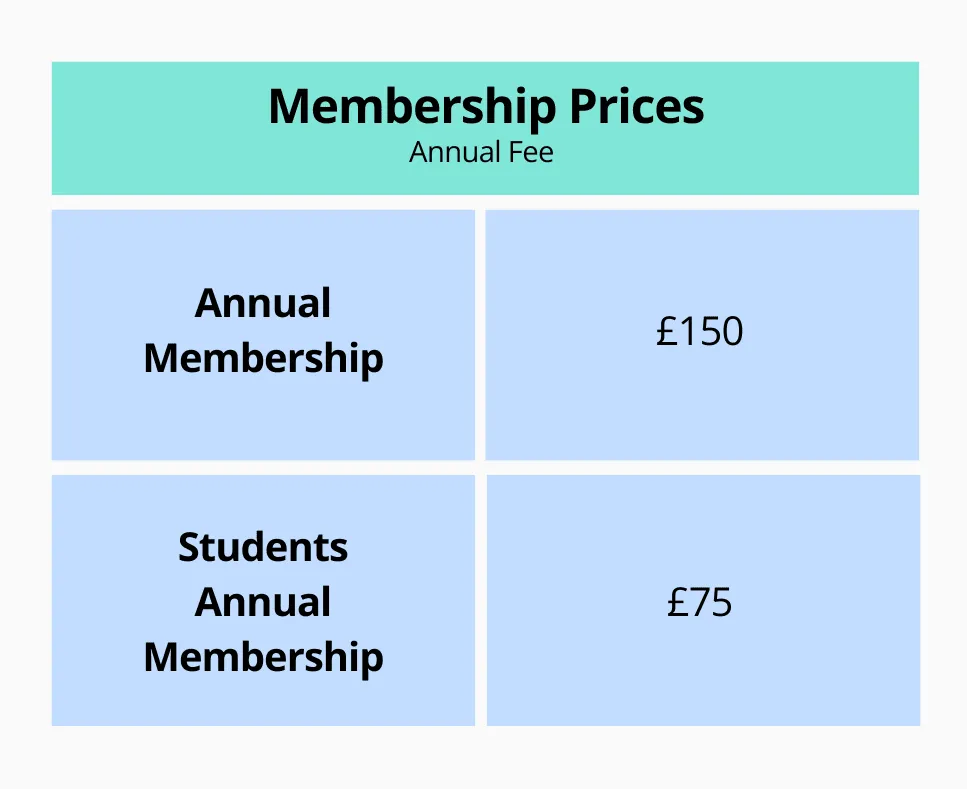
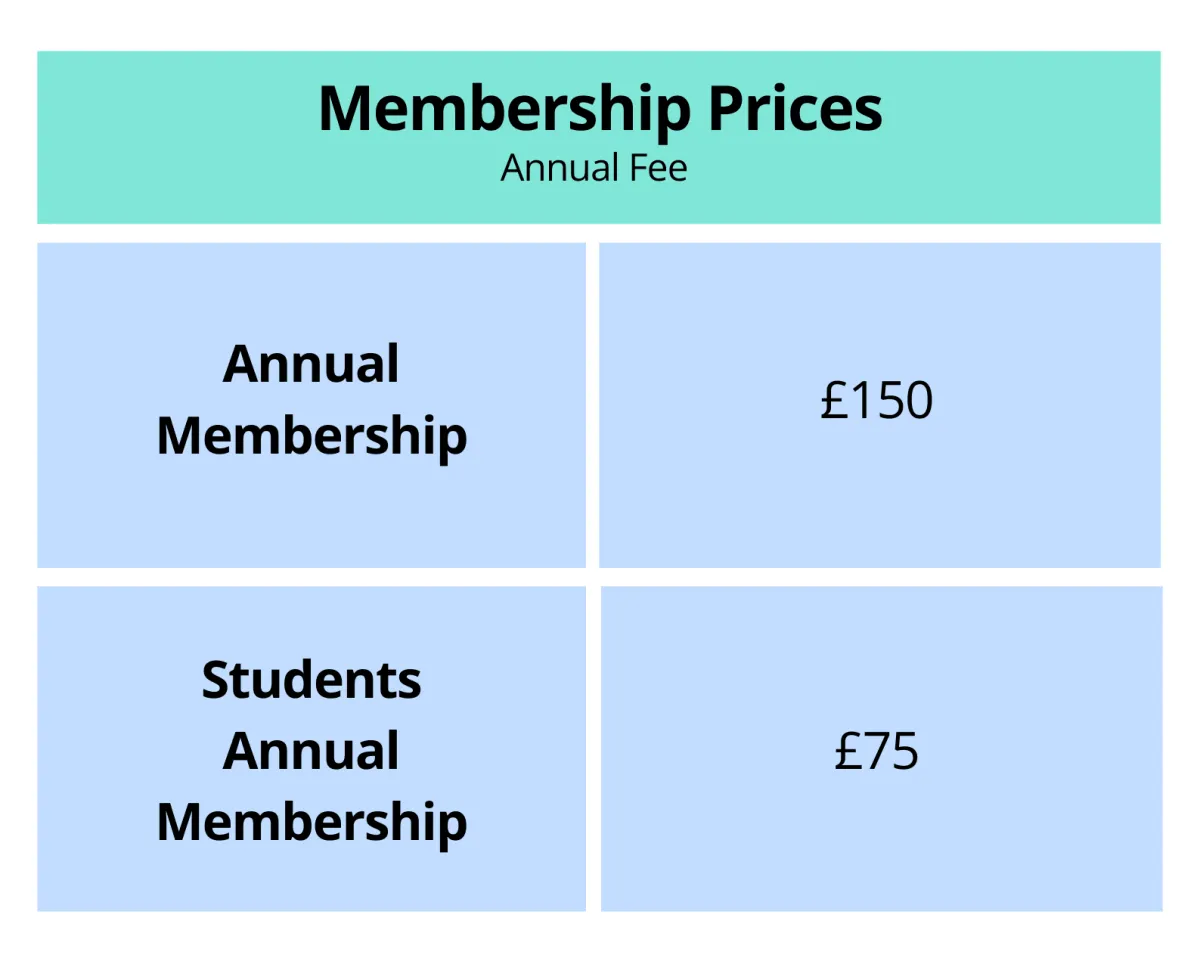
Join the TRB Mailing List
Receive trauma-informed insights, practitioner updates, and exclusive newsletters directly to your inbox

© 2026 Trauma Regulation Board - All Rights Reserved │ Privacy Policy │Terms & Conditions
The Trauma Regulation Board operates under a non-exclusive licence from The Fairhurst Foundation LLC for the use of all trauma frameworks, models, assessment tools and educational content.
